Ayelet Shani's article – Haaretz Newspaper
Tell me about yourself.
I'm Rea, I think I'm a man who was accidentally born a human and not a mushroom. What I do in life is grow mushrooms that give people healing. I didn't always have that desire, but once I was exposed to their virtues, my whole goal in life is to bring them to the forefront. That's the purpose of my life.
And what happened in your life up to this point? At what stations did you stop until you discovered that you were actually a mushroom in human form?
Just to be clear — I don’t really believe I’m a mushroom, do I? But I believe I have a special ability to understand them. Even as a child, I loved spending hours in the forest near the kibbutz I grew up on and picking mushrooms. After I was discharged from the army, I got to see a documentary about people who live in the wild. Mushrooms. After I was discharged from the army, I got to see a documentary about people who live in the wild in the US. There was a couple who collected diarrhea and sold it to fishermen, and another couple who lived in a trailer, walked around the forests, picked mushrooms and sold them to restaurants. I was mesmerized. It stayed in my head, like a shadow. In the meantime, I moved forward in my life, got married, founded and managed a fishing and camping park. Following my ex-wife, I left the north. We moved to the center together, did a degree in sustainability at Reichman, worked on an agribusiness venture. I was living the dream, but I was extremely unhappy.
why?
I wasn't in my natural environment. I started to have anxieties. Difficulties with myself, not with the world. Something I hadn't known before. My venture collapsed. I reached a point where I didn't have a penny in my pocket, I wasn't feeling well at home, everything was black. I decided to leave everything. I told my wife that we were separating and I returned to my parents in the north, devastated. Luckily, I had a dog who simply forced me to get out of bed, because I had to walk with her. I returned to the forests, streams, and mushrooms. Because I really know the forest well, I found all kinds of strange mushrooms. I joined a mushroom group on Facebook, and uploaded pictures of mushrooms I found. These pictures brought all kinds of mycologists to me. I began to enrich my knowledge in the field — from mycologists, from collectors I met in the forest, from books, from groups — this world sucked me in. I was still alone, living with my parents, impoverished, but something in my spirit began to rise.
?You felt like you were touching something.
Yes. I felt that when I was with the mushrooms I was a different person. I'm telling you this now and shudder, because that's exactly how it was. I go out into the forest with terrible anxiety, feeling like I'm going to die of a heart attack in a second, and as soon as I enter the forest, there are no more anxieties or disturbing thoughts. More than that — I feel good. Alive. Happy. Feel like I'm like some kind of animal, that just wants to get to more and more mushrooms. I began to see the connections between types of mushrooms, between a certain mushroom and a certain tree. After two years in the forest, I even discovered a few new varieties that are registered in my name, and I discovered that the "artist of death," the most poisonous mushroom in the world, also grows in Israel. Around this time, I met a special man, his name is Ido. He's an Israeli who grows mushrooms in Bolivia. I joined a mushroom growing course that he taught. It was a short and relatively superficial course, but we clicked. After a few months, he started sending me pictures and messages that he had managed to grow Cordyceps mushrooms. And I tell myself to send me pictures and messages about how he managed to grow Cordyceps. And I tell myself, “What does this snoozer want from me now? Come on, let me go.” He didn’t.
We should open parentheses here and note that it is not trivial that he was able to grow Cordyceps, because Cordyceps grows on a living substrate. It develops inside larvae and feeds on their tissues.
No one in the Western world had managed to grow Cordyceps before Ido. He also convinced me to start consuming it. I felt a change, but I said to myself, well, after he had eaten my head like that, it's clear that the fungus was affecting me. I bought a lot of mushrooms from him and gave them to my acquaintances. An experiment. After a few weeks, I started hearing crazy things. Blood tests that had improved. My sisters, who suffer from endometriosis, tell me they no longer have pain. I said okay, there's something here that I want to be a part of. I told Ido — I want to be your tool carrier. I bought mushrooms from him and sold them in the community of therapists. I didn't make a living from it, but I continued to see and hear about the results.
And when did you decide to jump into the water?
A little before the coronavirus, Ido left the country for Vietnam, to grow his mushrooms there. One day he calls me, all in tears. He's done. He tells me they're throwing him out of there because he's illegal. I was the operations manager at Kayaki Ha-Goshrim at the time. When I heard him like that, broken, I told him, "You know what? Come on. I'm leaving everything. We'll set up an insurance policy for your work here in Israel." He sent me to some warehouse he had in a shack. He had tools and cultures there that had been lying in a refrigerator that hadn't worked for a year. I took everything. For a while, every day, we talked for hours on video — and he taught me the entire growing process. I took over a room at my parents' house and made a flowering room there. I took a container from the Kayaki area and made it a laboratory — and so, every day, I would arrive at four in the morning, examine the processes, fix it, get materials. In the end, mushrooms grew. I can't even describe the feeling. I managed to grow Cordyceps.
“I started consuming Cordyceps mushroom and felt a change for the better. I gave it to my friends as an experiment. After a few weeks I start hearing crazy things. Blood tests that have improved, for example. People are sick
Tell me about yourself.
I'm Rea, I think I'm a man who was accidentally born a human and not a mushroom. What I do in life is grow mushrooms that give people healing. I didn't always have that desire, but once I was exposed to their virtues, my whole goal in life is to bring them to the forefront. That's the purpose of my life.And what happened in your life up to this point? At what stations did you stop until you discovered that you were actually a mushroom in human form?
Just to be clear — I don’t really believe I’m a mushroom, do I? But I believe I have a special ability to understand them. Even as a child, I loved spending hours in the forest near the kibbutz I grew up on and picking mushrooms. After I was discharged from the army, I got to see a documentary about people who live in the wild. Mushrooms. After I was discharged from the army, I got to see a documentary about people who live in the wild in the US. There was a couple who collected diarrhea and sold it to fishermen, and another couple who lived in a trailer, walked around the forests, picked mushrooms and sold them to restaurants. I was mesmerized. It stayed in my head, like a shadow. In the meantime, I moved forward in my life, got married, founded and managed a fishing and camping park. Following my ex-wife, I left the north. We moved to the center together, did a degree in sustainability at Reichman, worked on an agribusiness venture. I was living the dream, but I was extremely unhappy.why?
I wasn't in my natural environment. I started to have anxieties. Difficulties with myself, not with the world. Something I hadn't known before. My venture collapsed. I reached a point where I didn't have a penny in my pocket, I wasn't feeling well at home, everything was black. I decided to leave everything. I told my wife that we were separating and I returned to my parents in the north, devastated. Luckily, I had a dog who simply forced me to get out of bed, because I had to walk with her. I returned to the forests, streams, and mushrooms. Because I really know the forest well, I found all kinds of strange mushrooms. I joined a mushroom group on Facebook, and uploaded pictures of mushrooms I found. These pictures brought all kinds of mycologists to me. I began to enrich my knowledge in the field — from mycologists, from collectors I met in the forest, from books, from groups — this world sucked me in. I was still alone, living with my parents, impoverished, but something in my spirit began to rise.?You felt like you were touching something.
Yes. I felt that when I was with the mushrooms I was a different person. I'm telling you this now and shudder, because that's exactly how it was. I go out into the forest with terrible anxiety, feeling like I'm going to die of a heart attack in a second, and as soon as I enter the forest, there are no more anxieties or disturbing thoughts. More than that — I feel good. Alive. Happy. Feel like I'm like some kind of animal, that just wants to get to more and more mushrooms. I began to see the connections between types of mushrooms, between a certain mushroom and a certain tree. After two years in the forest, I even discovered a few new varieties that are registered in my name, and I discovered that the "artist of death," the most poisonous mushroom in the world, also grows in Israel. Around this time, I met a special man, his name is Ido. He's an Israeli who grows mushrooms in Bolivia. I joined a mushroom growing course that he taught. It was a short and relatively superficial course, but we clicked. After a few months, he started sending me pictures and messages that he had managed to grow Cordyceps mushrooms. And I tell myself to send me pictures and messages about how he managed to grow Cordyceps. And I tell myself, “What does this snoozer want from me now? Come on, let me go.” He didn’t.We should open parentheses here and note that it is not trivial that he was able to grow Cordyceps, because Cordyceps grows on a living substrate. It develops inside larvae and feeds on their tissues.
No one in the Western world had managed to grow Cordyceps before Ido. He also convinced me to start consuming it. I felt a change, but I said to myself, well, after he had eaten my head like that, it's clear that the fungus was affecting me. I bought a lot of mushrooms from him and gave them to my acquaintances. An experiment. After a few weeks, I started hearing crazy things. Blood tests that had improved. My sisters, who suffer from endometriosis, tell me they no longer have pain. I said okay, there's something here that I want to be a part of. I told Ido — I want to be your tool carrier. I bought mushrooms from him and sold them in the community of therapists. I didn't make a living from it, but I continued to see and hear about the results.And when did you decide to jump into the water?
A little before the coronavirus, Ido left the country for Vietnam, to grow his mushrooms there. One day he calls me, all in tears. He's done. He tells me they're throwing him out of there because he's illegal. I was the operations manager at Kayaki Ha-Goshrim at the time. When I heard him like that, broken, I told him, "You know what? Come on. I'm leaving everything. We'll set up an insurance policy for your work here in Israel." He sent me to some warehouse he had in a shack. He had tools and cultures there that had been lying in a refrigerator that hadn't worked for a year. I took everything. For a while, every day, we talked for hours on video — and he taught me the entire growing process. I took over a room at my parents' house and made a flowering room there. I took a container from the Kayaki area and made it a laboratory — and so, every day, I would arrive at four in the morning, examine the processes, fix it, get materials. In the end, mushrooms grew. I can't even describe the feeling. I managed to grow Cordyceps.
Without caterpillars.
A caterpillar has nearly 30 metabolic processes in its life before it becomes a butterfly. For Cordyceps to grow inside the caterpillar, it needs the spore to attach to a specific area of its body, at a specific timing and stage of the caterpillar’s life, and at a specific temperature.Probabilistically, this is a problematic event.
The chance is one in trillions of spores, I think. Ido managed to trace this process and simulate it. We grow the fungus on a special substrate of grains, which we enrich with all kinds of vitamins and ingredients that exist in insects. We simulate the life cycle of the insect. There is also the matter of the amount of food, temperature, pressure, amount of carbon dioxide. There are many variables.We are now sitting on your breeding farm in Kfar Yehoshua. How did we get from the small container in kayaks to where we are now?
I recruited partners — people who understand business, regulations, and finances — and started growing mushrooms on a small farm in Beit Hillel. When the war broke out, we were evacuated from the north and moved here. There was a long period of uncertainty, we had no supply, a lot of mushrooms went to waste, we felt there was no point in investing in a new location, because we would soon be returning home. But in the meantime, the months passed, and we continued to pay money and not sell anything. It was frustrating and difficult. A challenging period, which we somehow overcame. Now we have stabilized. We have established a good infrastructure. We are making progress.“I started consuming Cordyceps mushroom and felt a change for the better. I gave it to my friends as an experiment. After a few weeks I start hearing crazy things. Blood tests that have improved, for example. People are sick
" That they stopped suffering from pain. I said okay, there's something here that I want to be a part of."

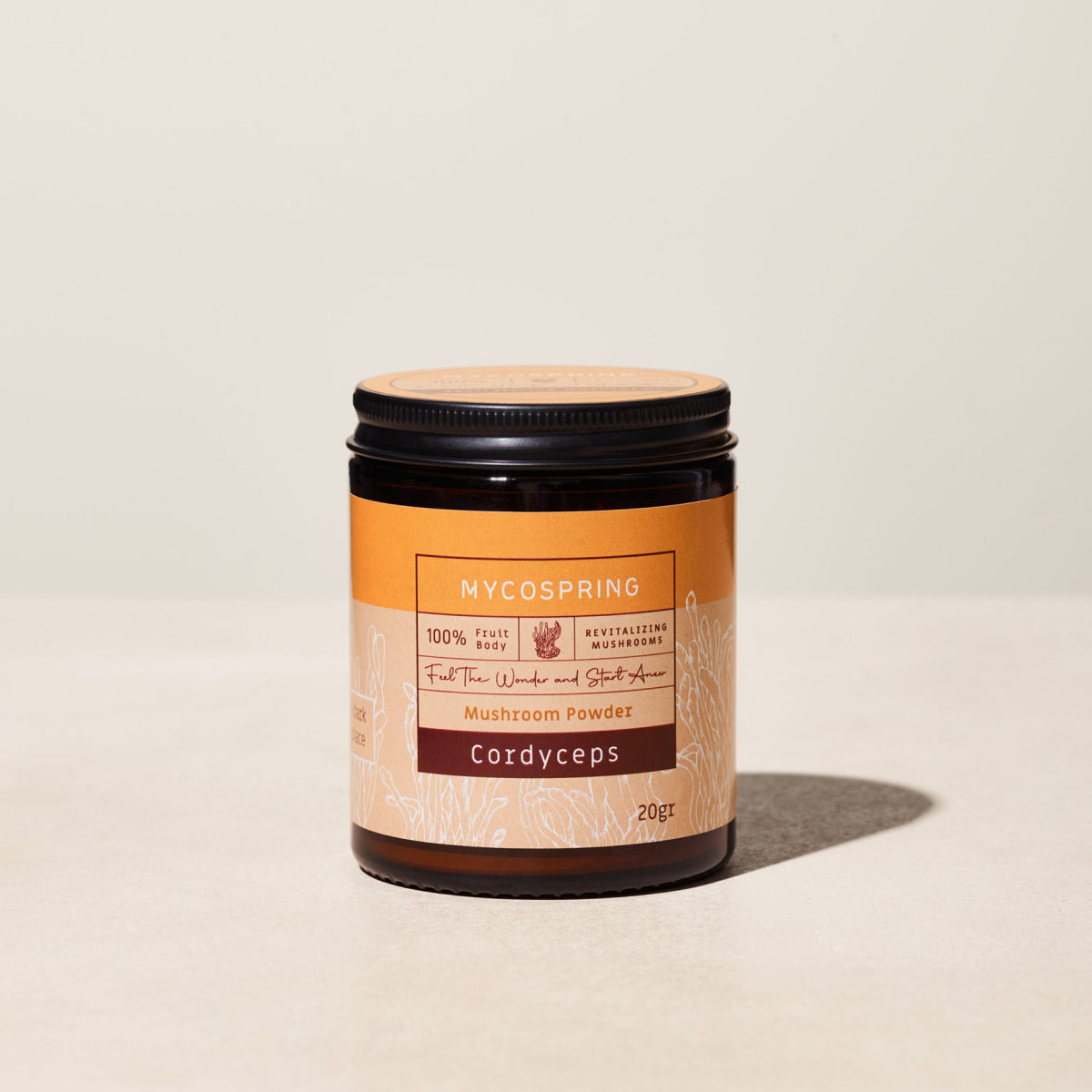
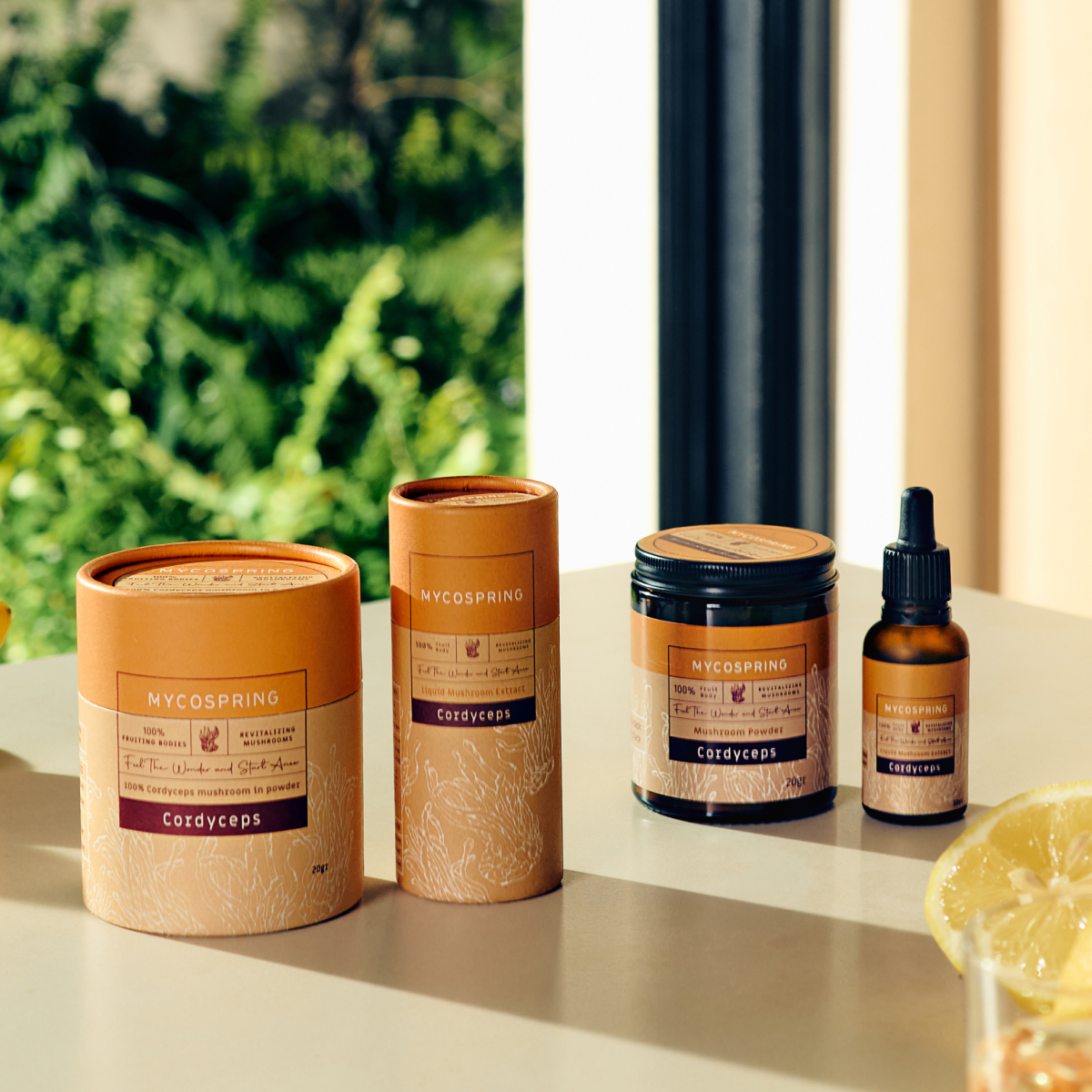
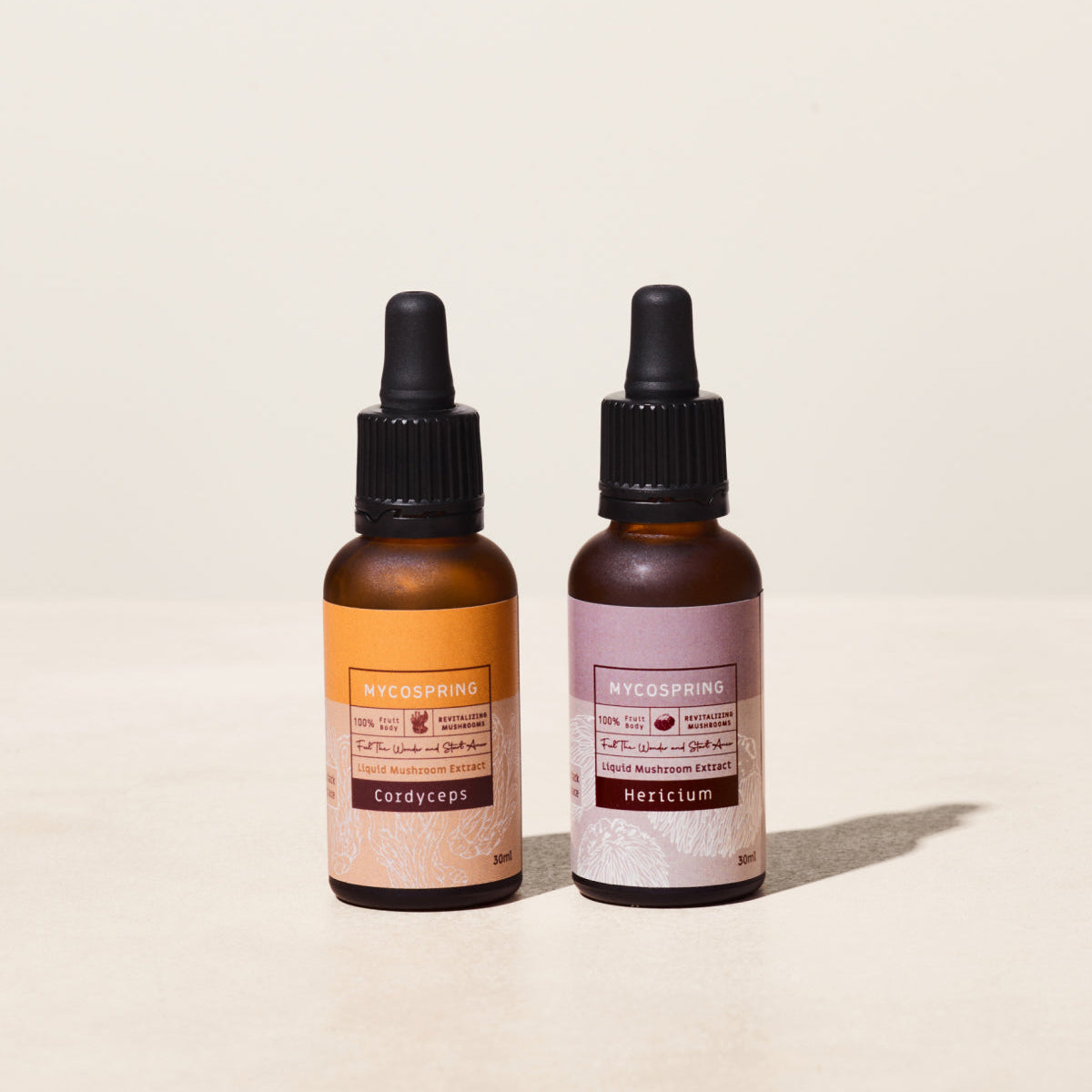
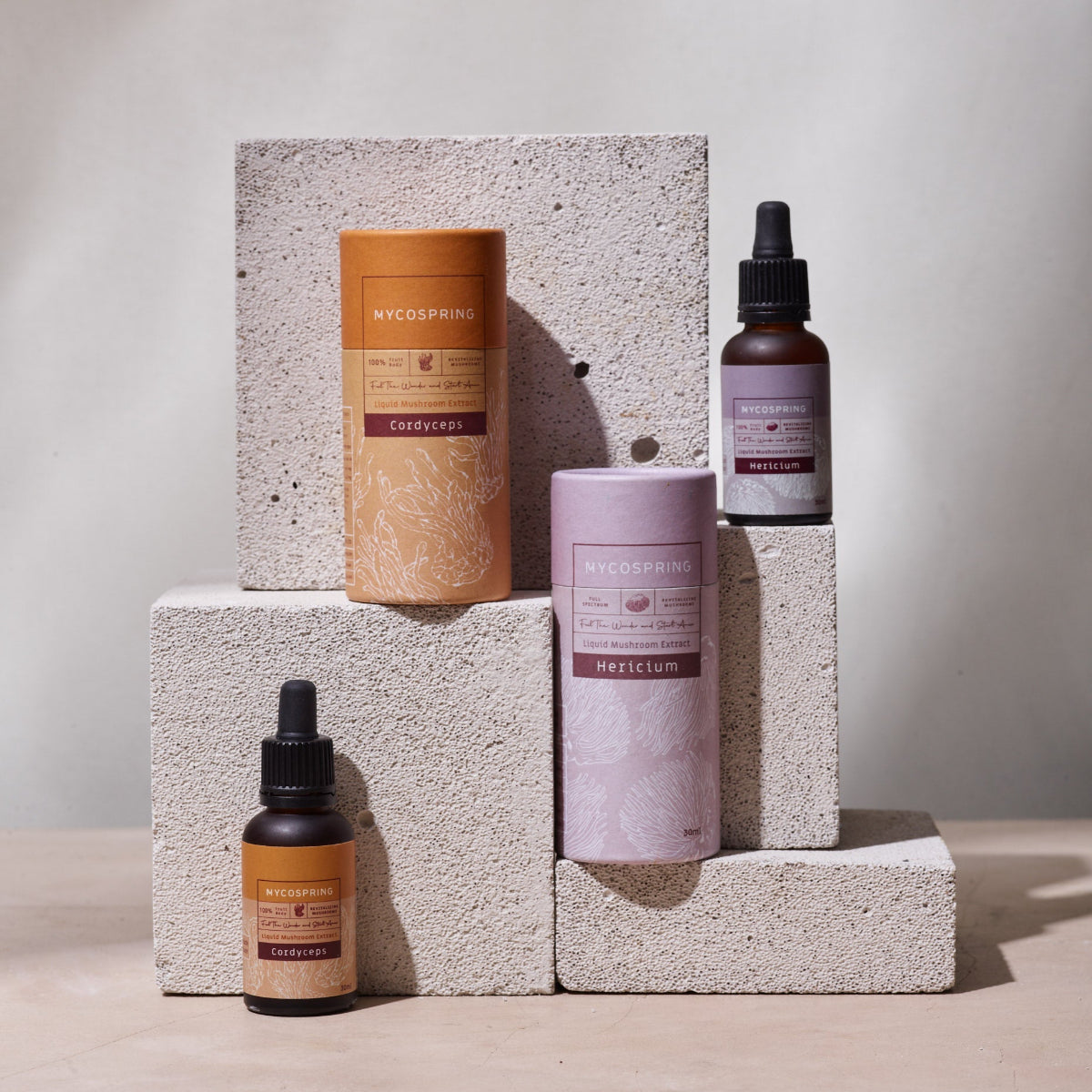
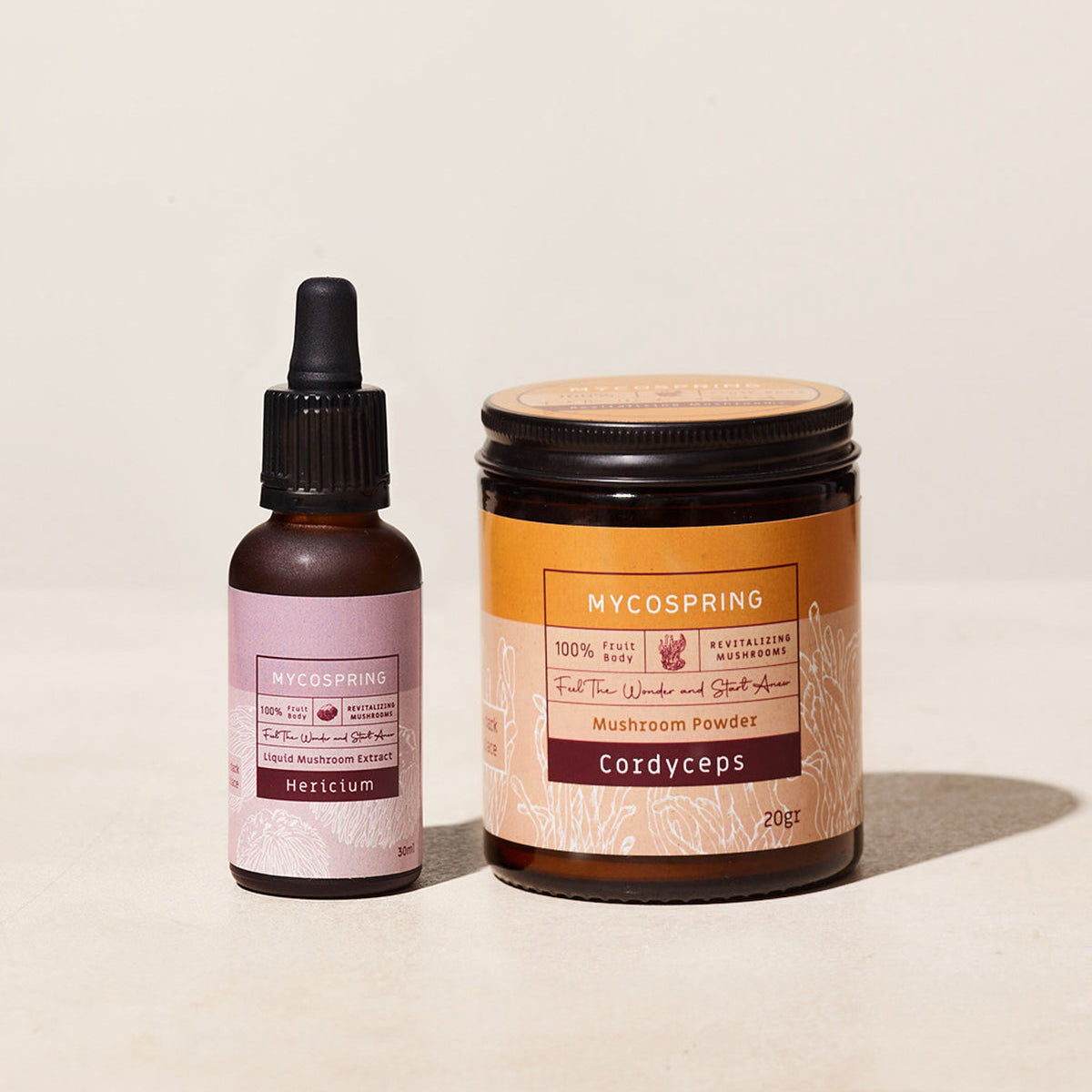
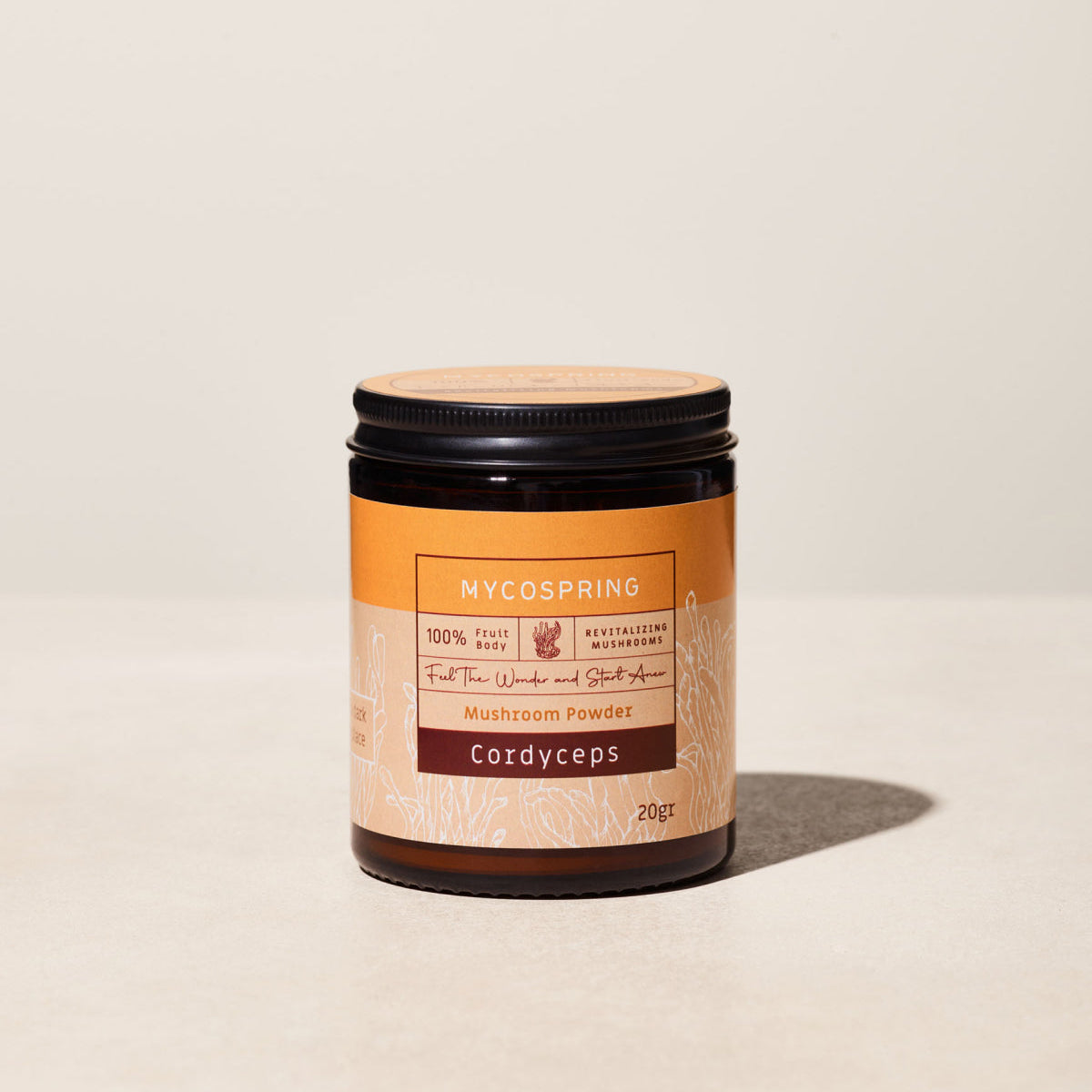
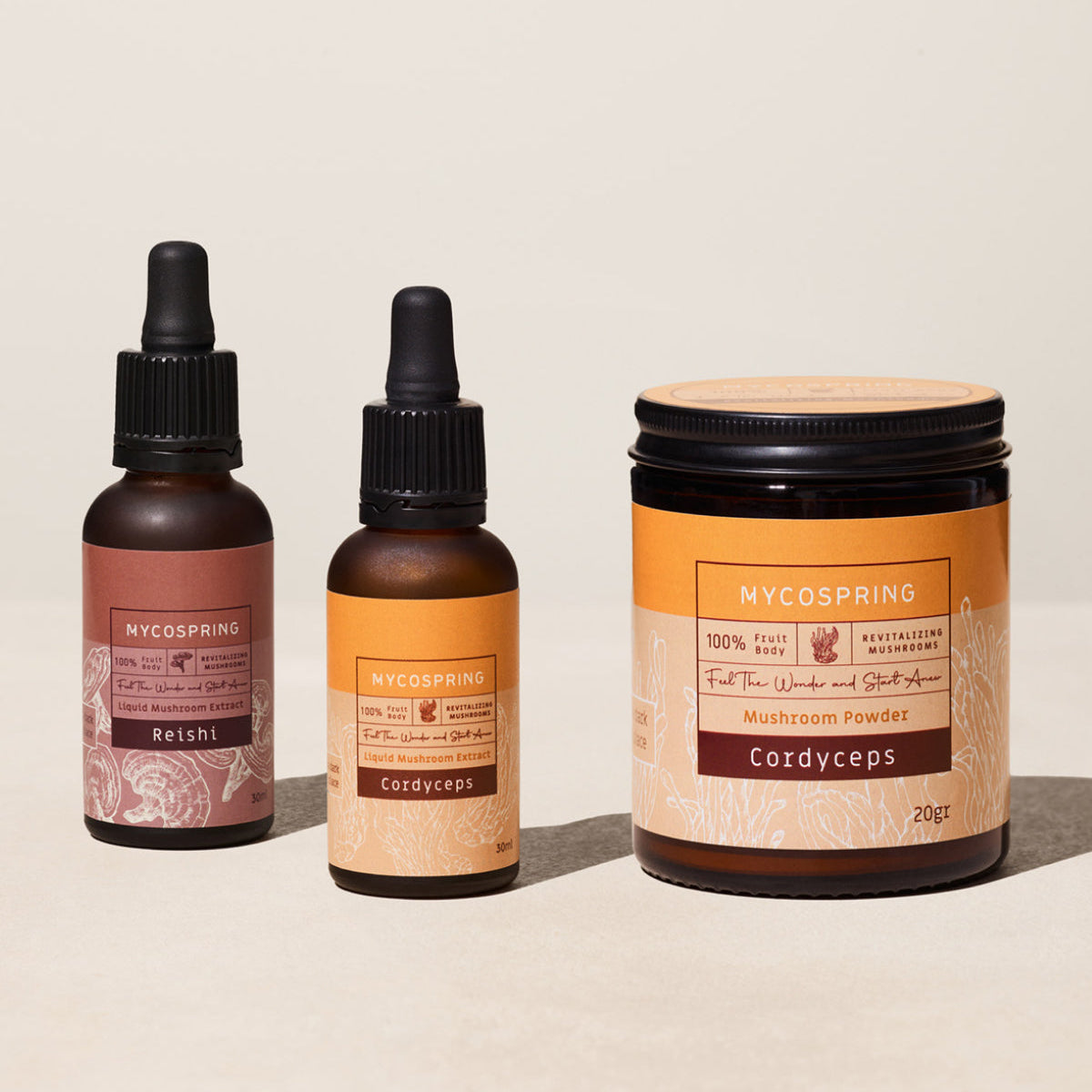
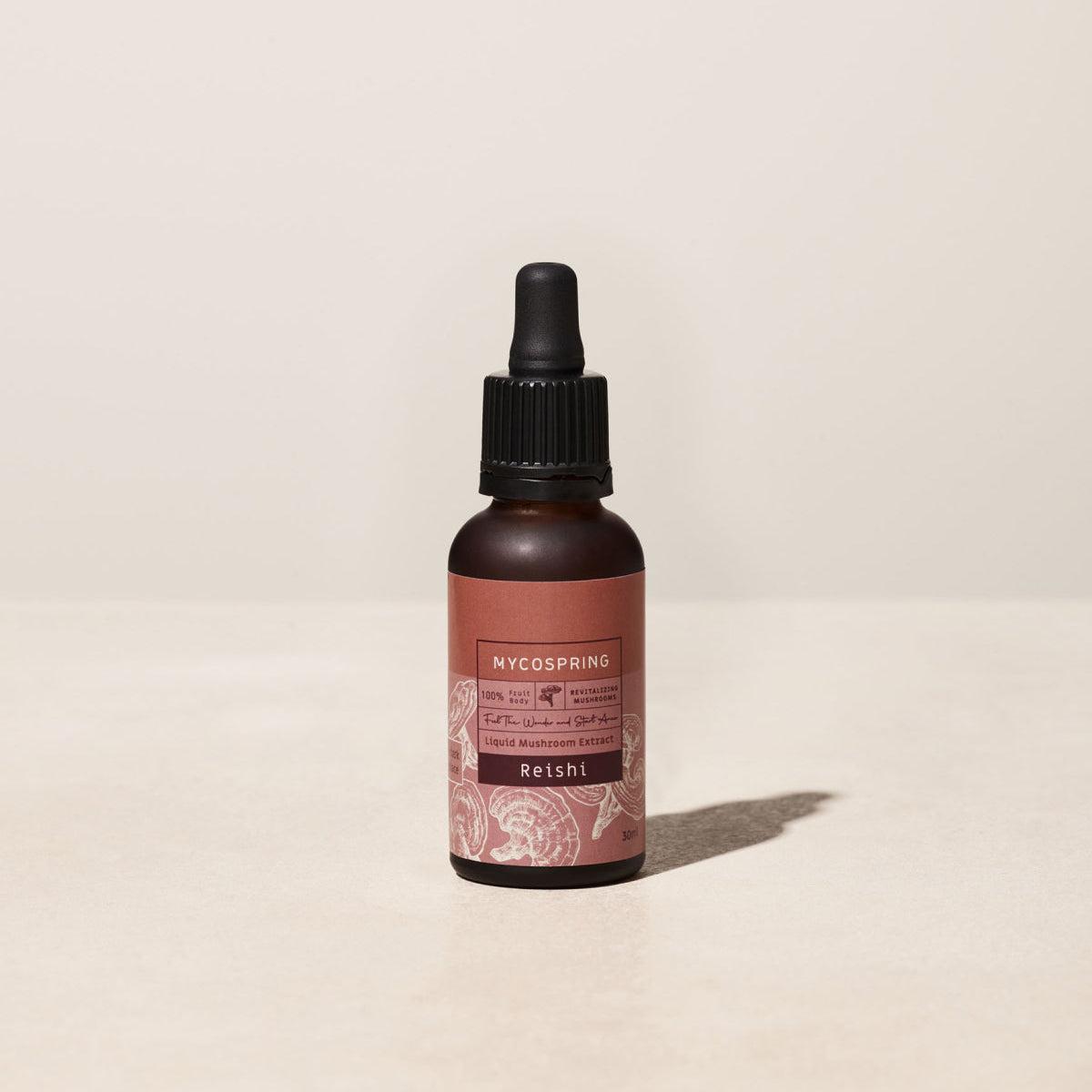
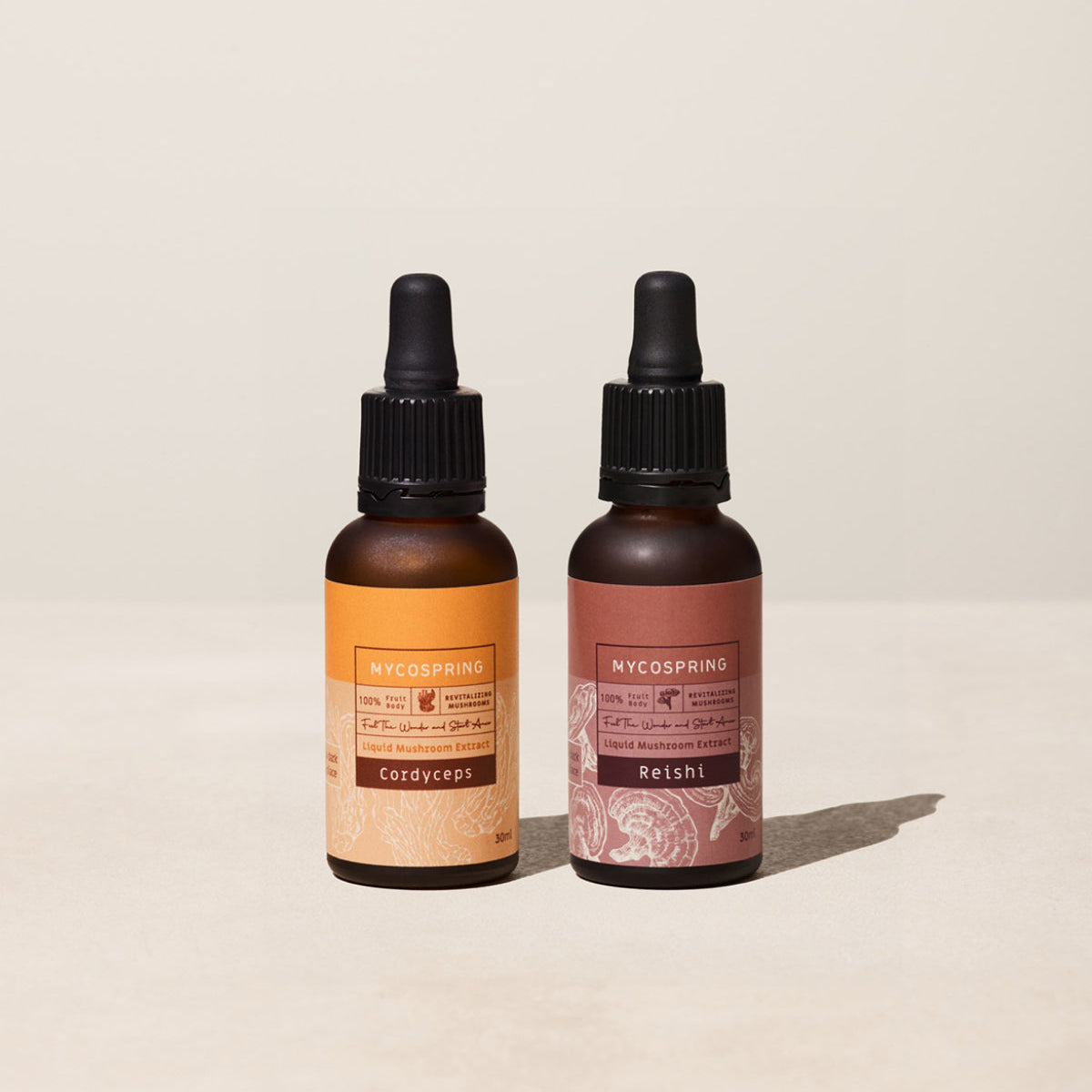
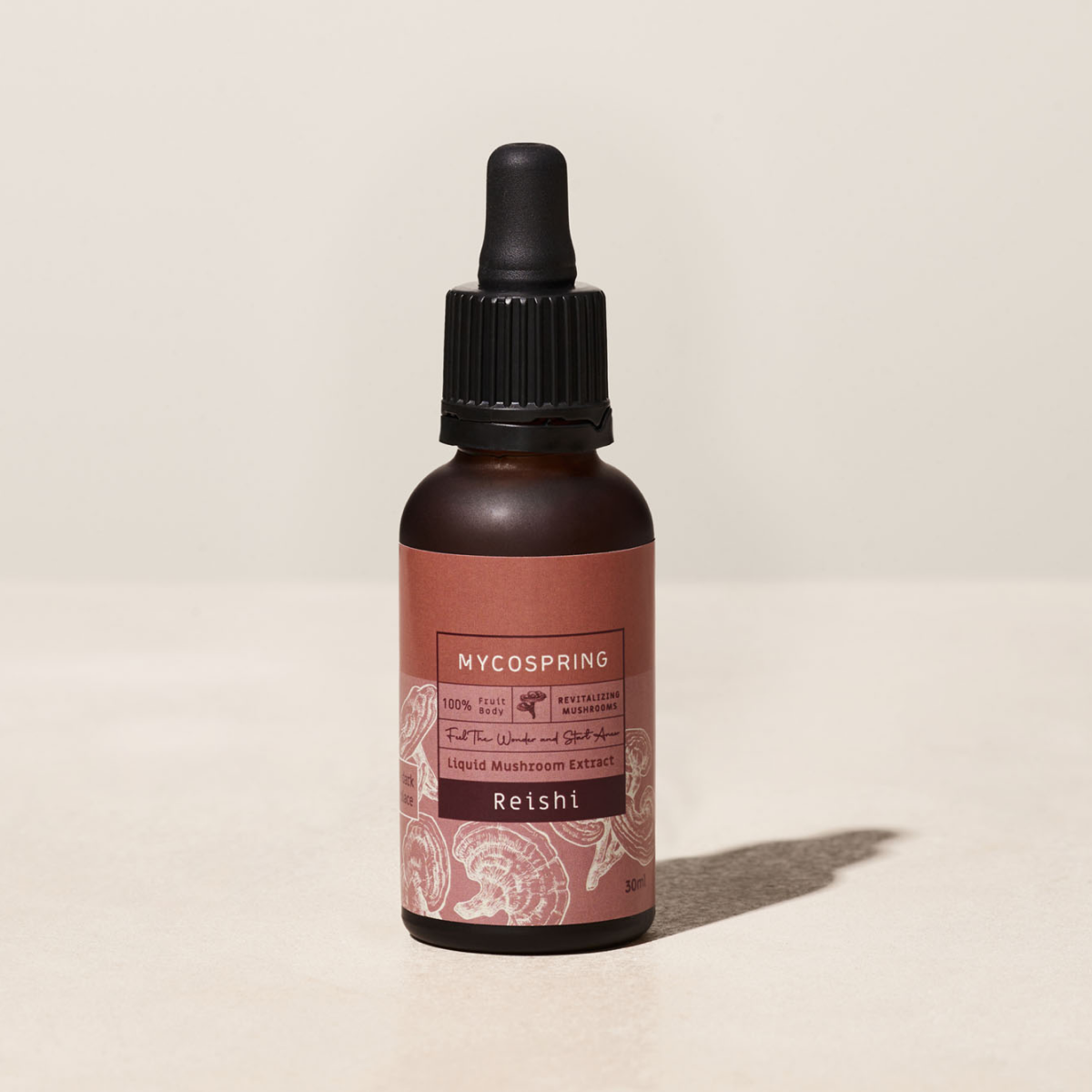
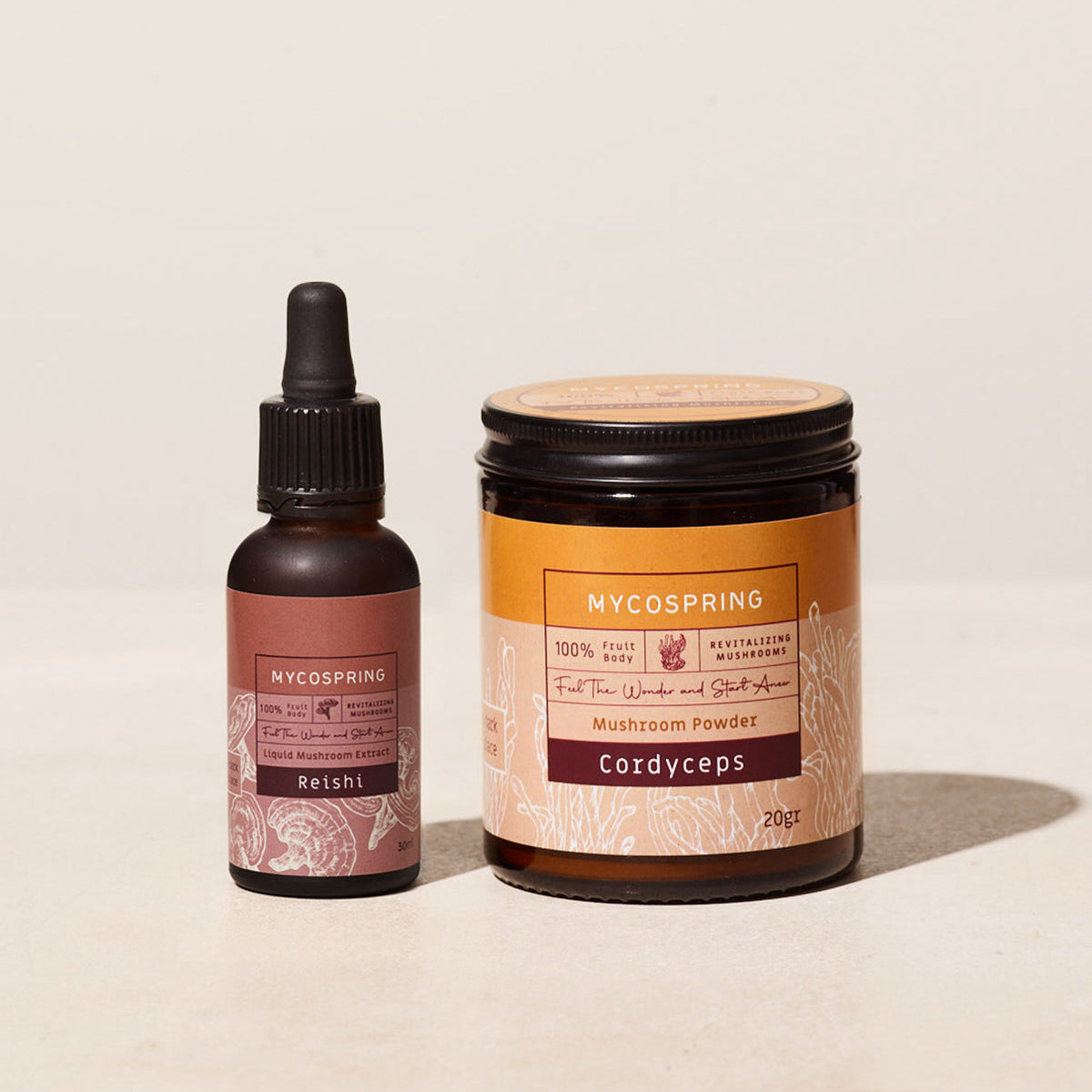
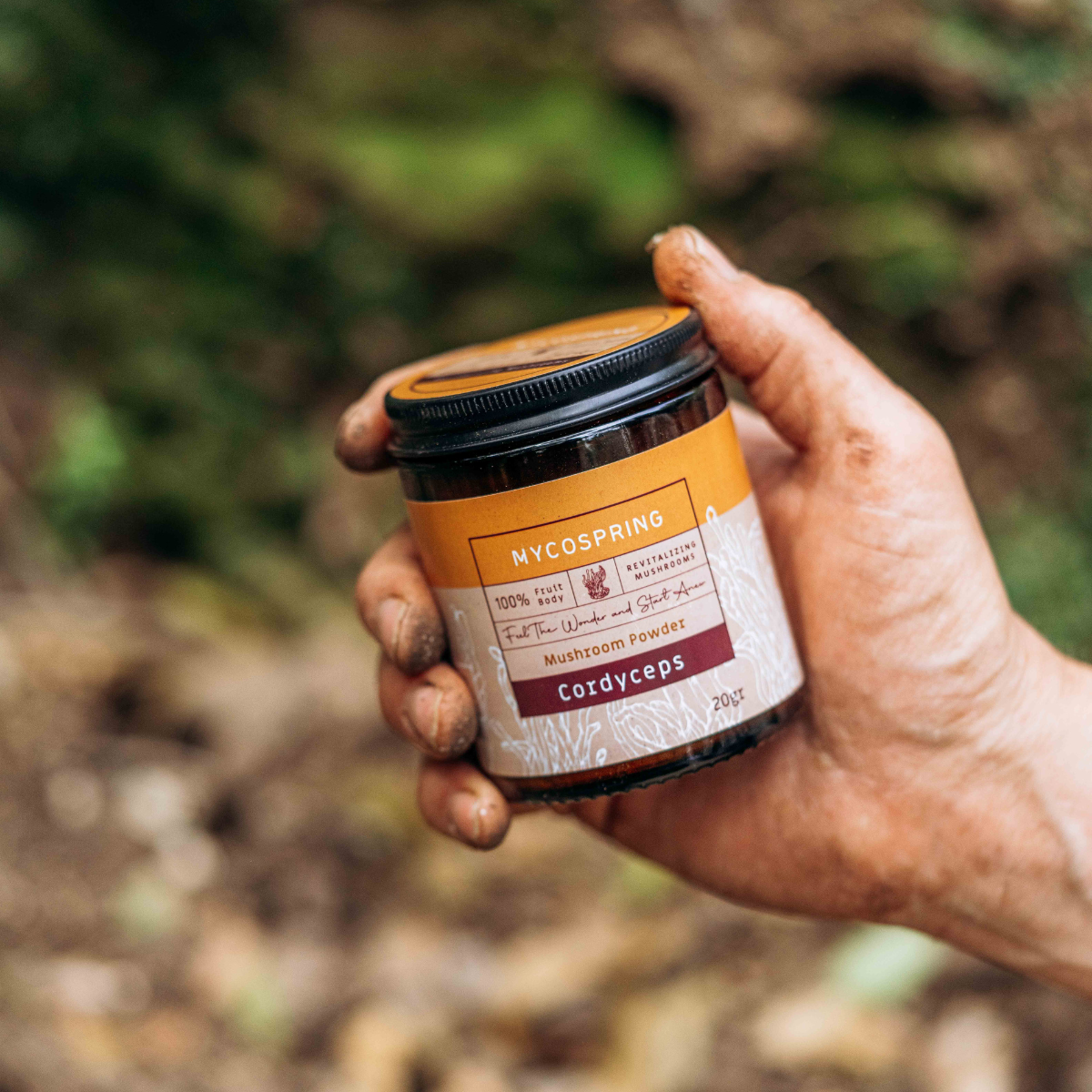
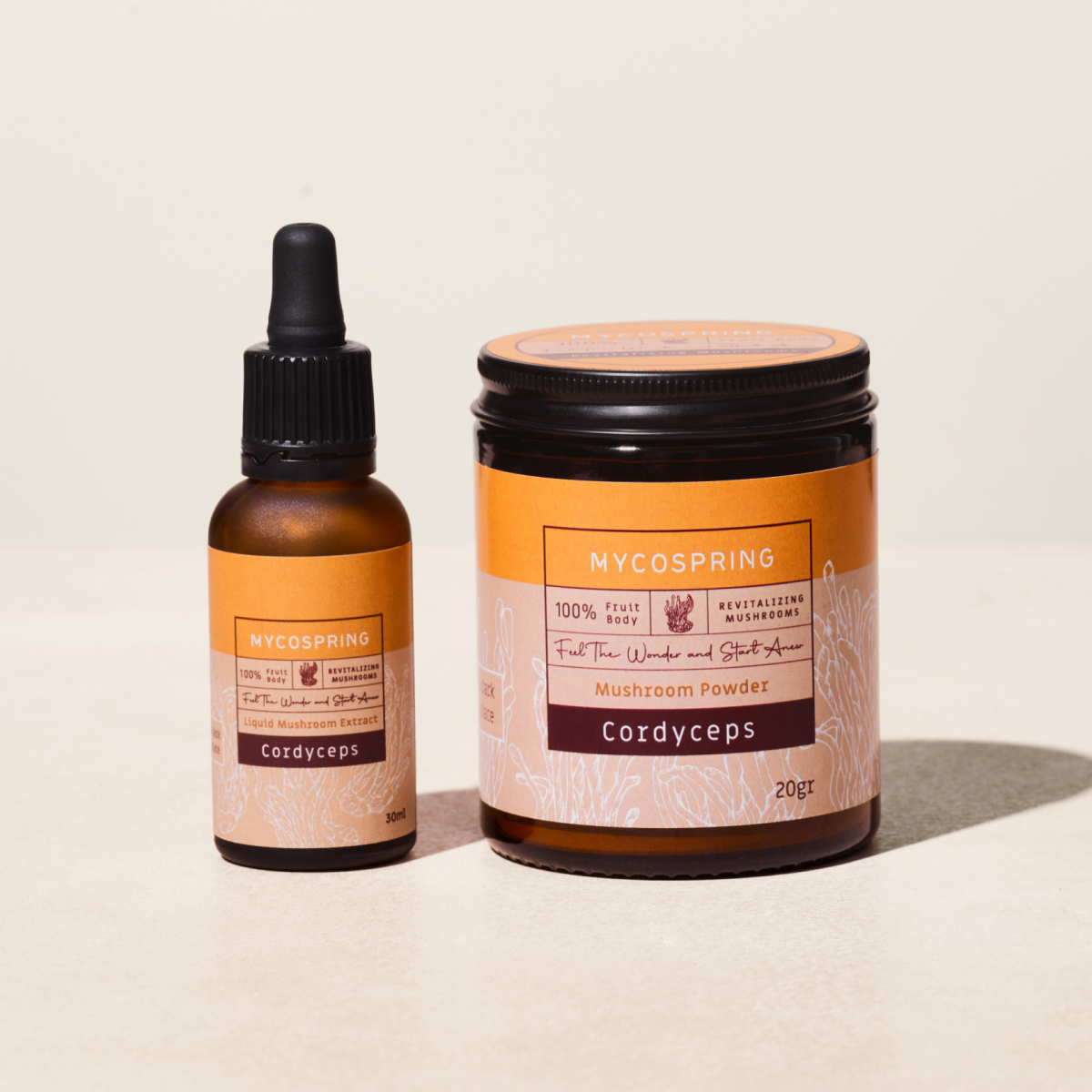
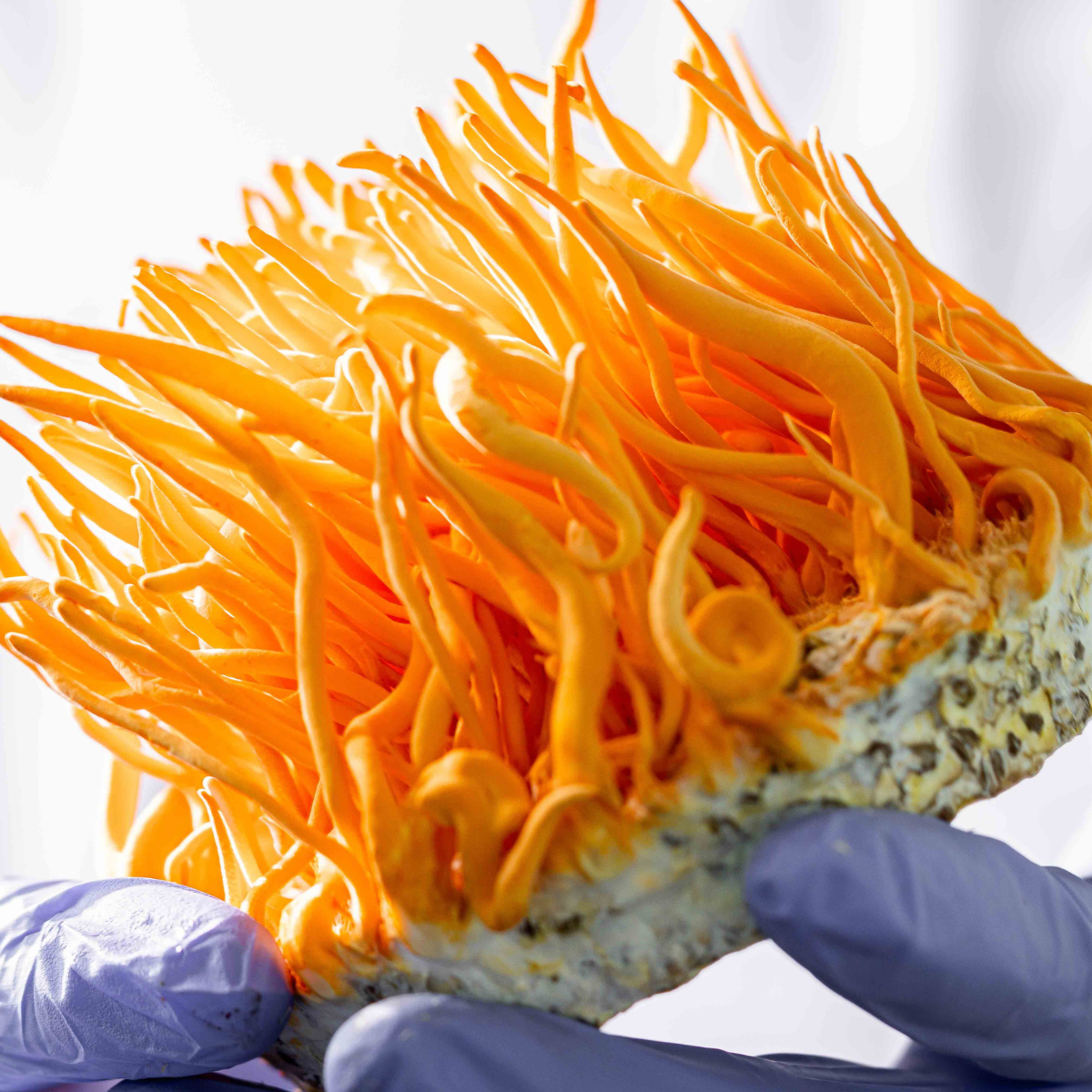
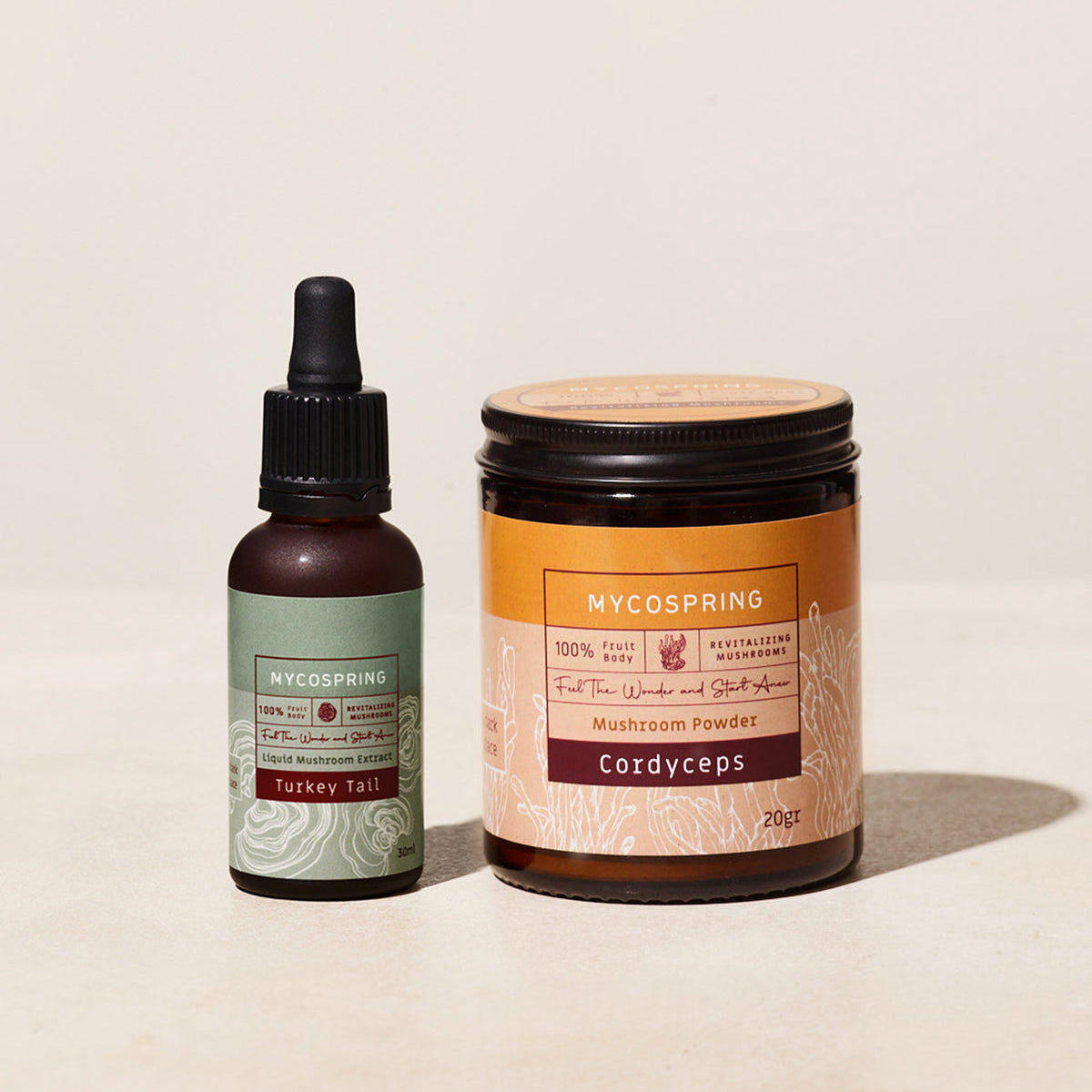
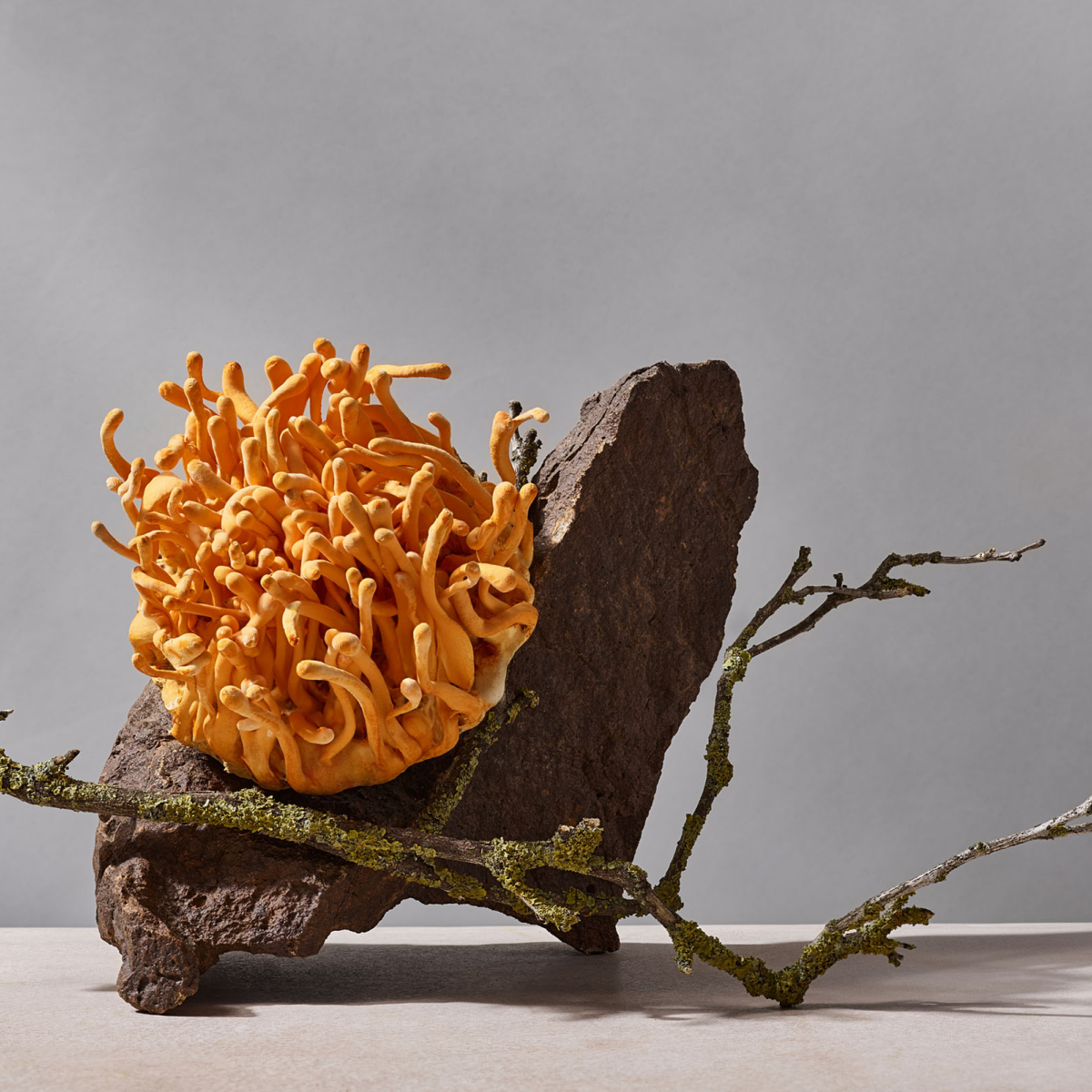
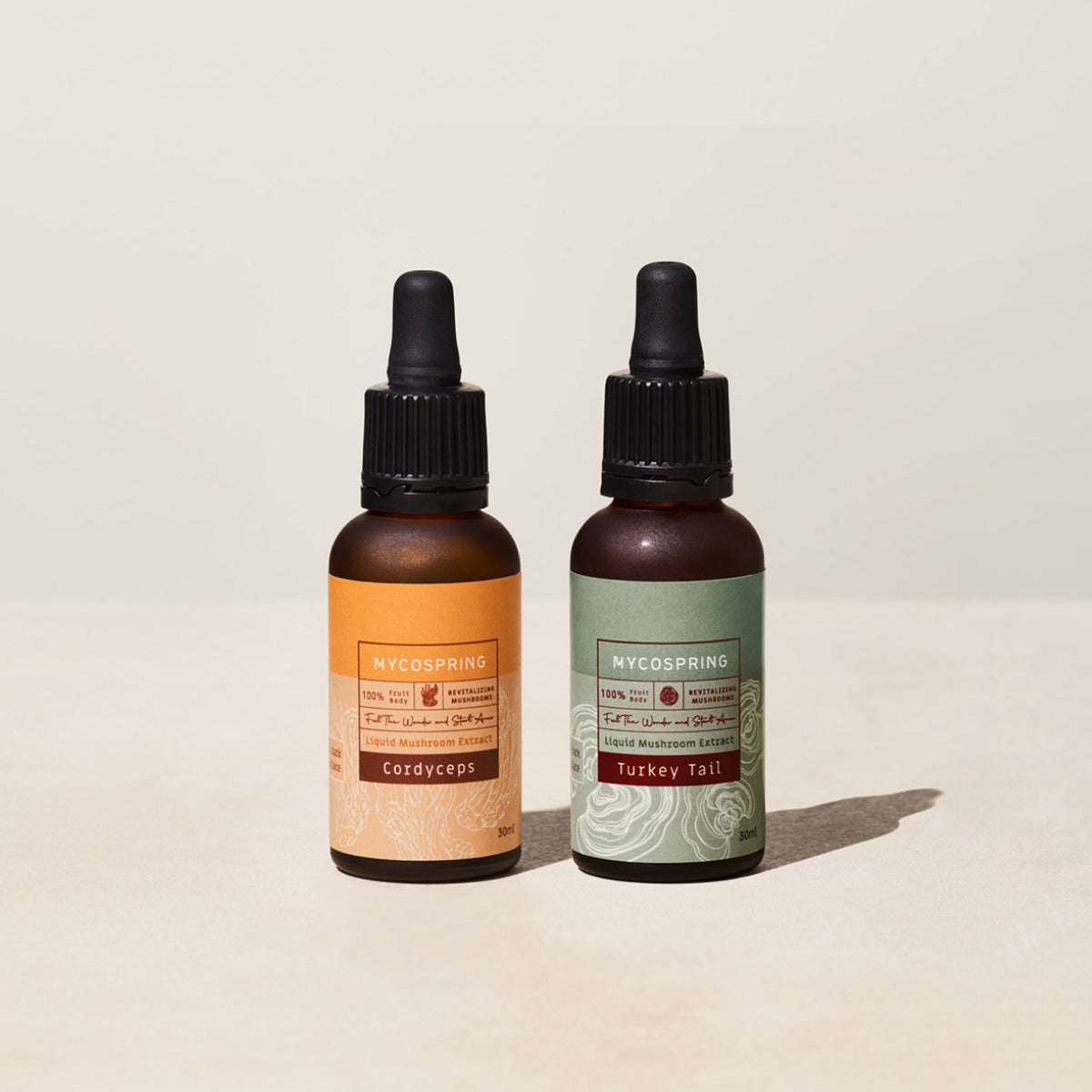
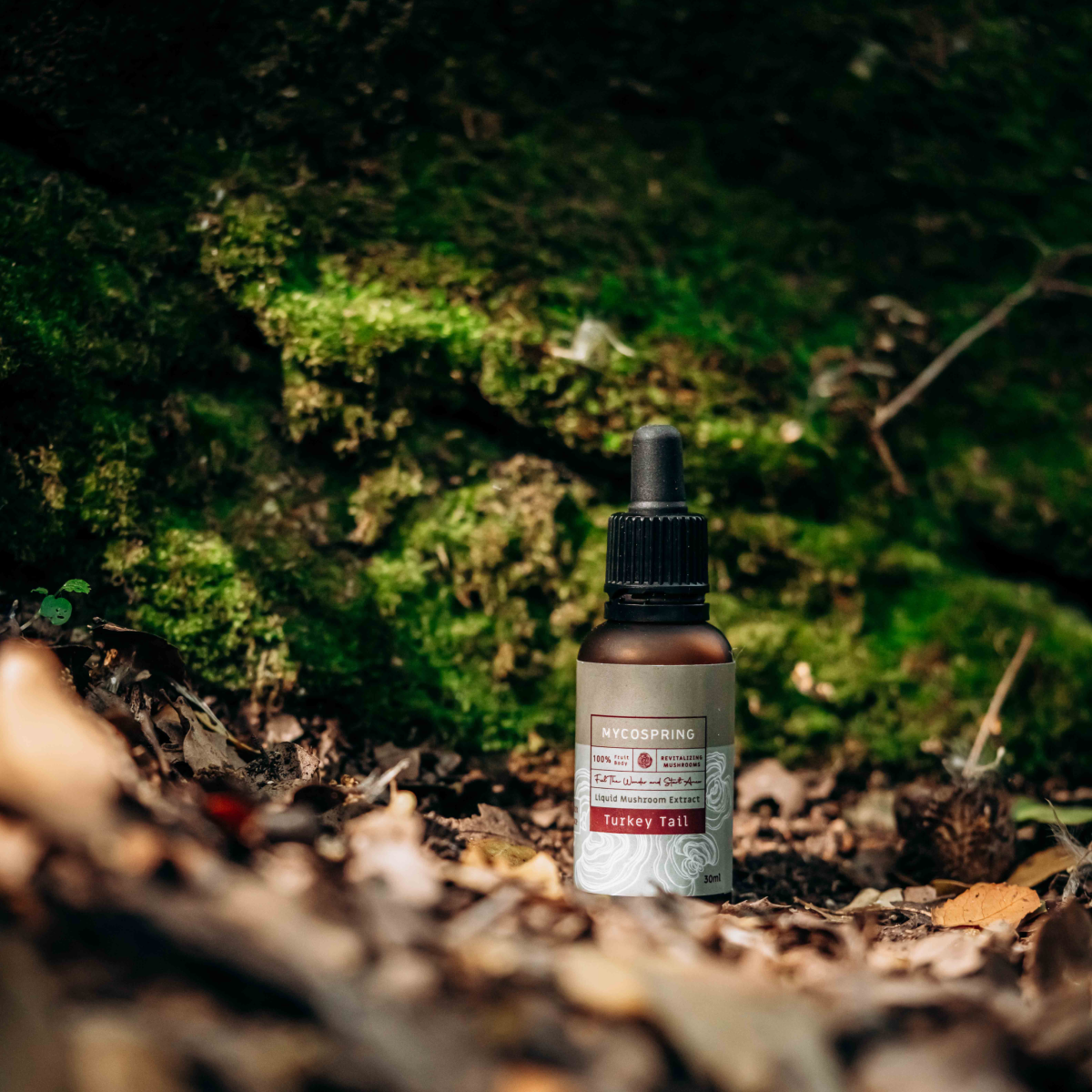
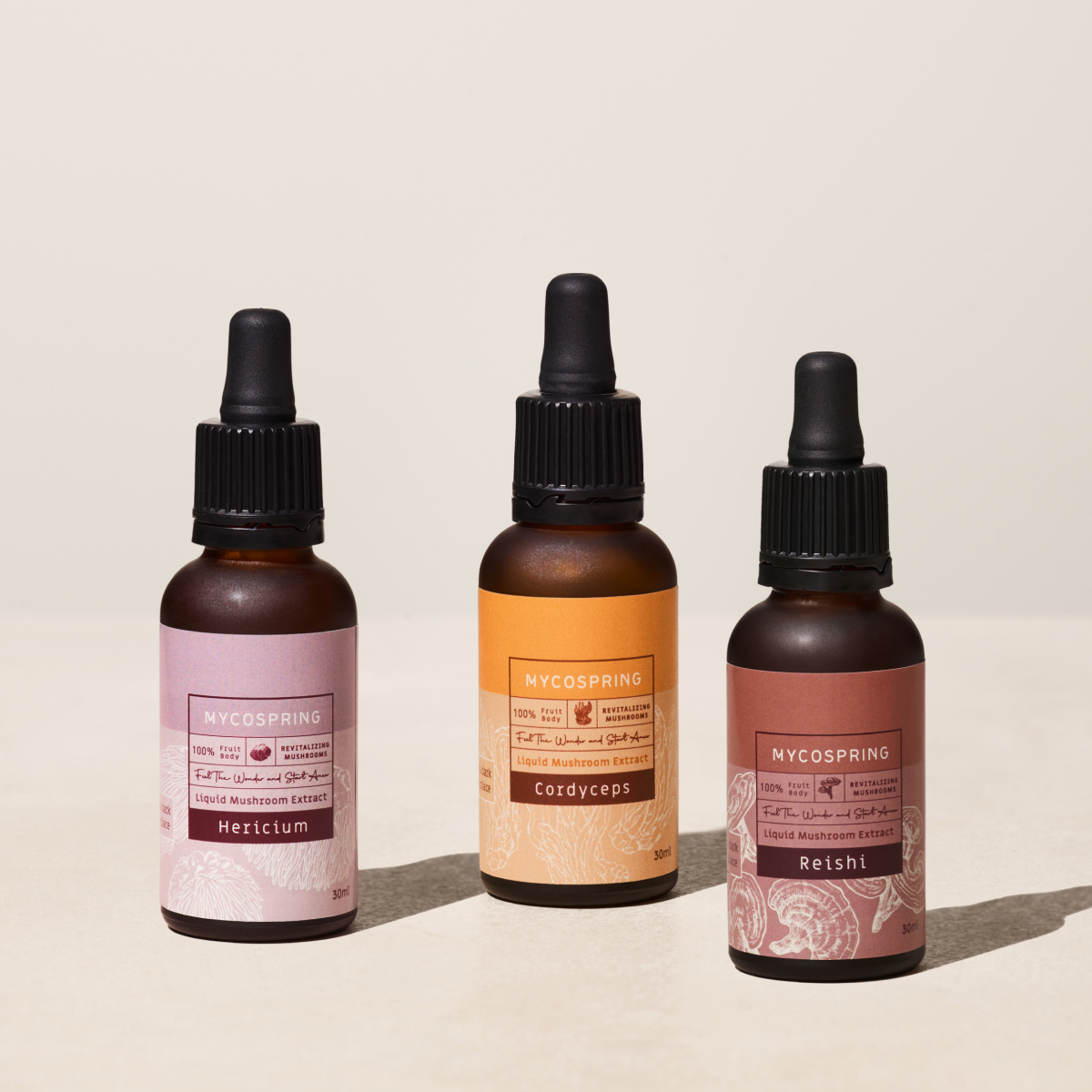
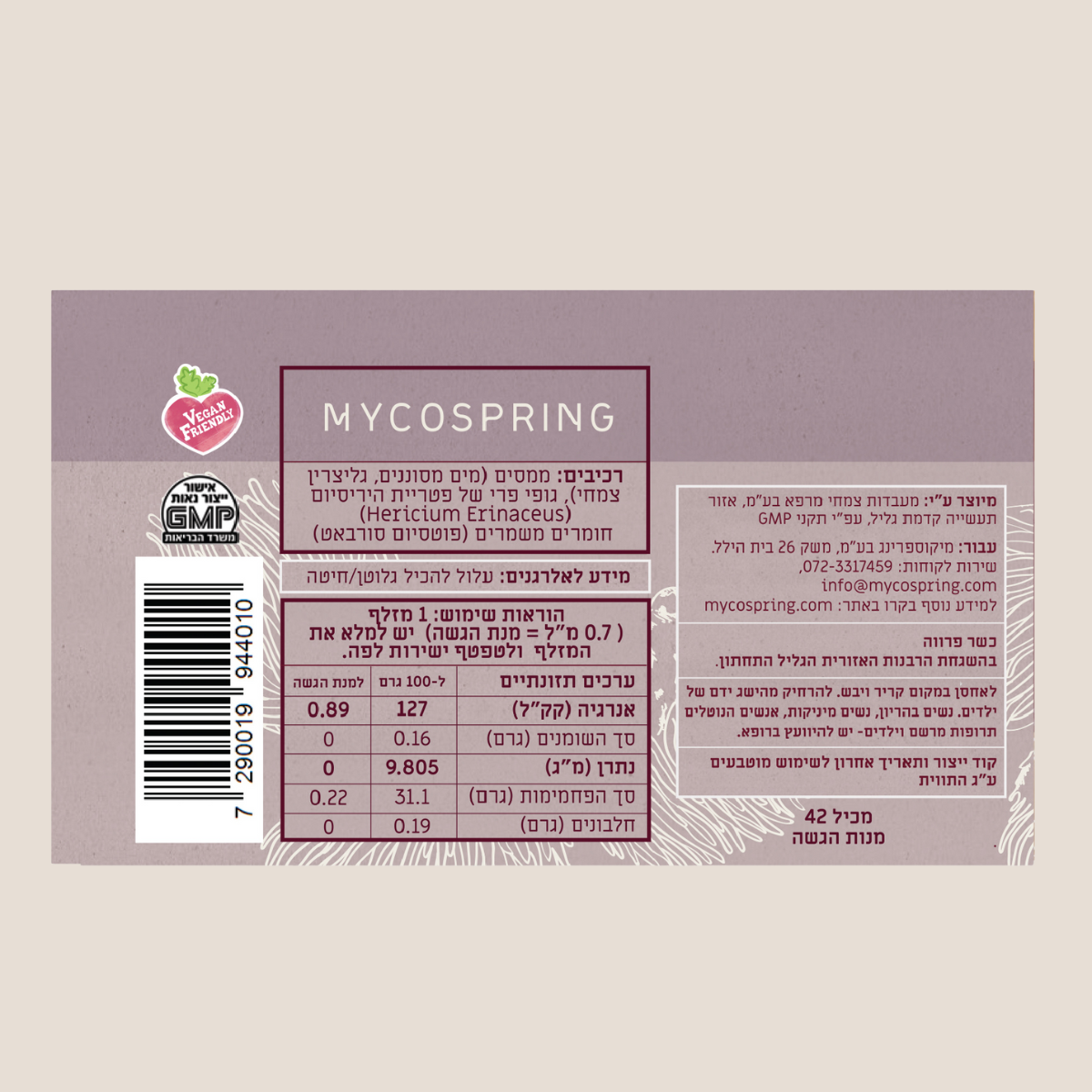
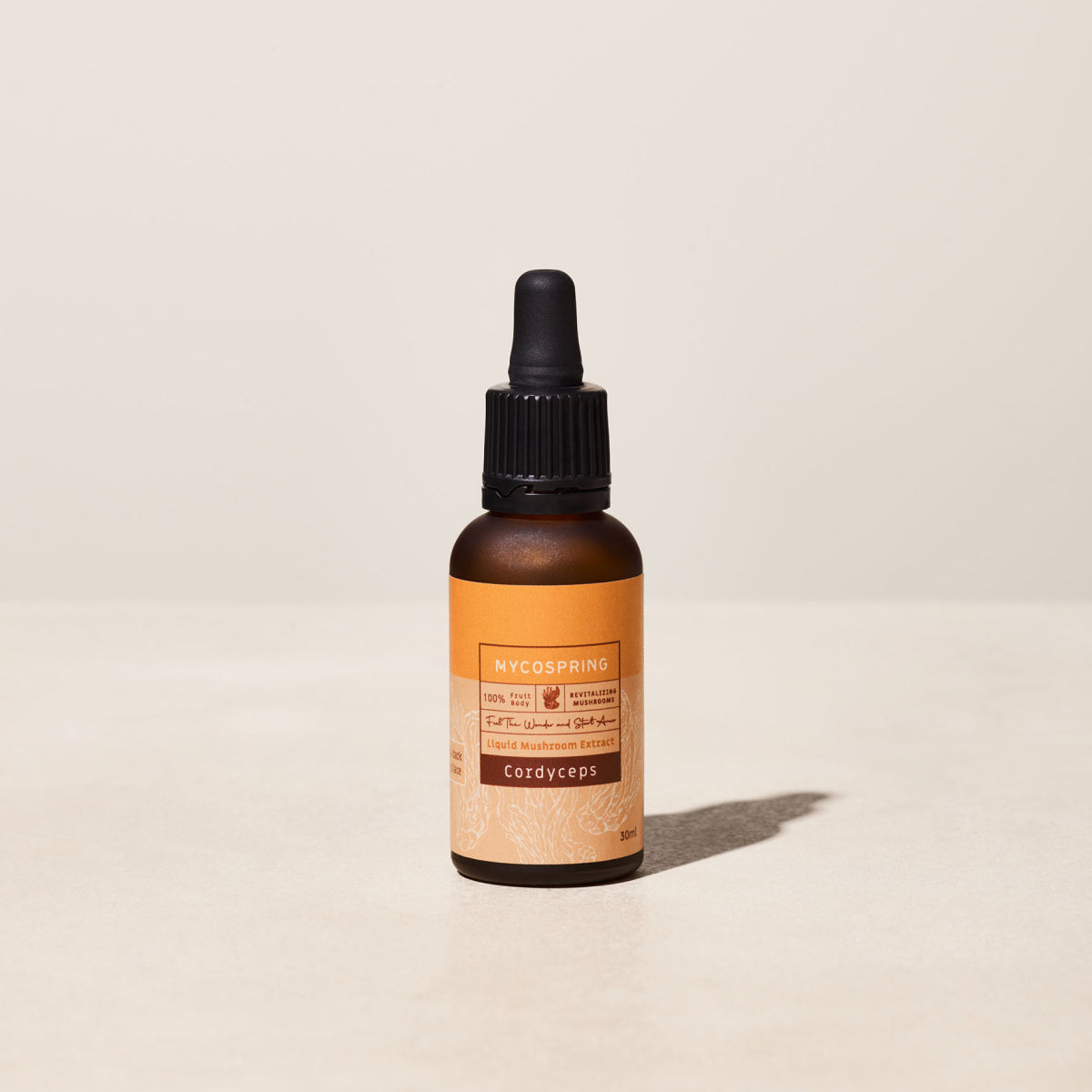
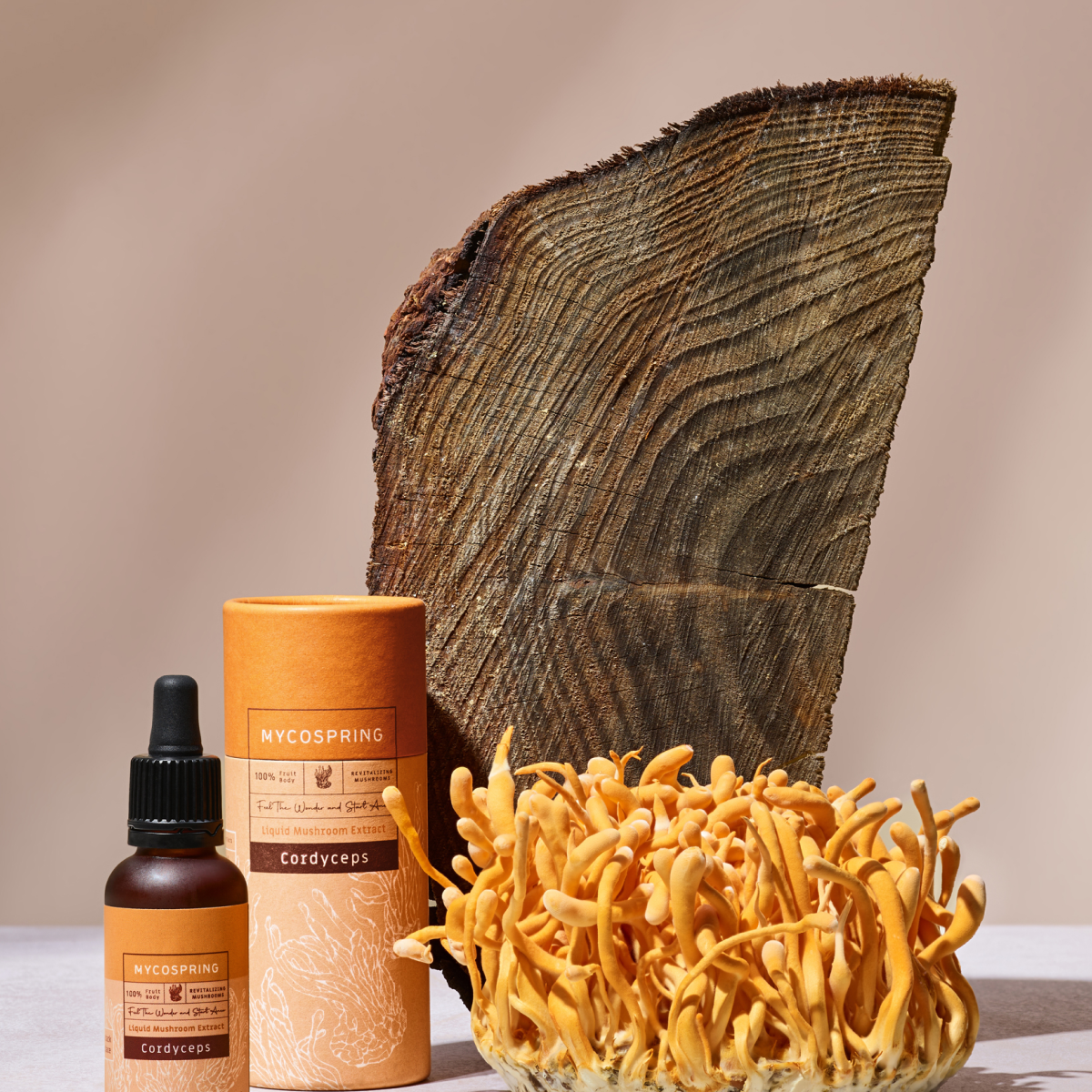
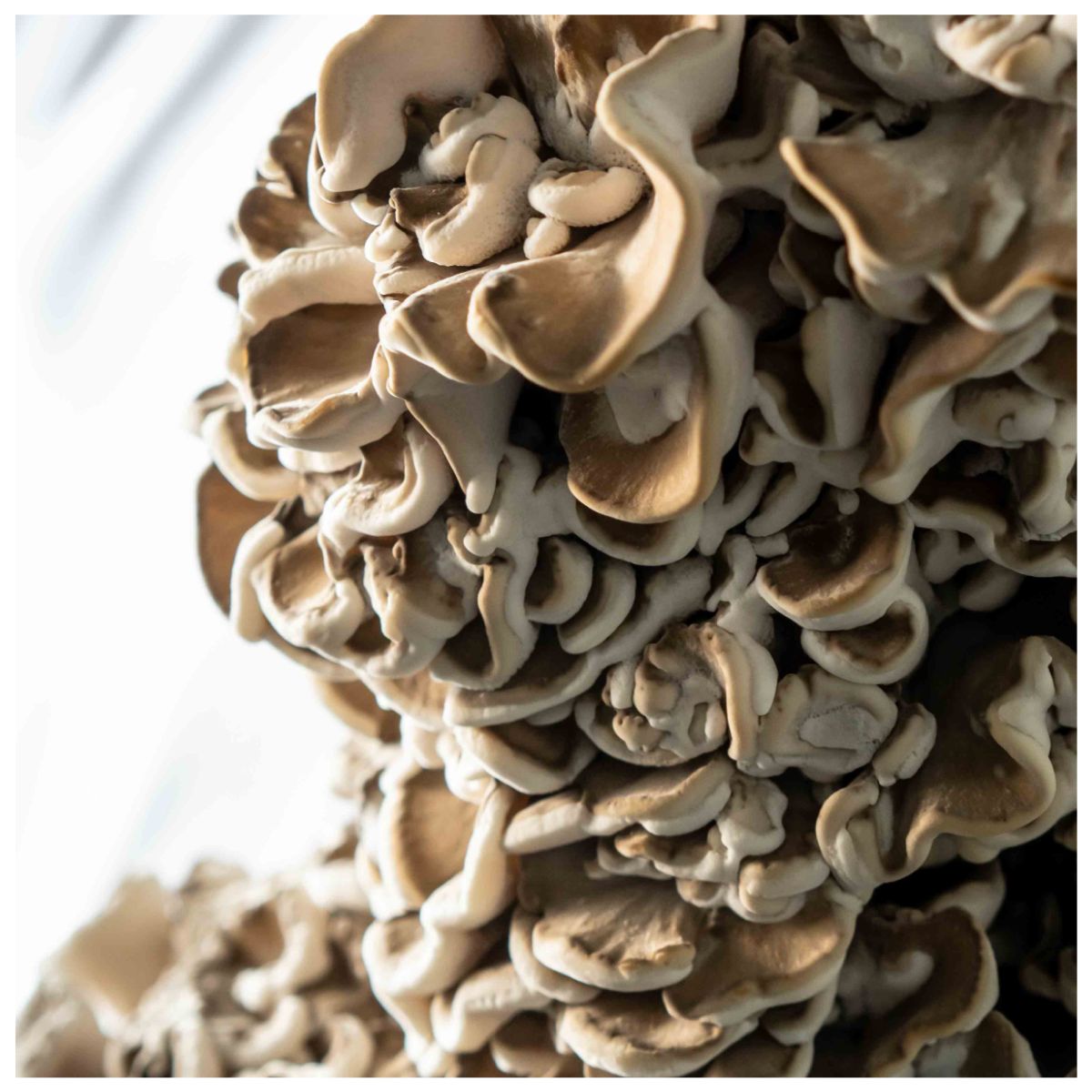

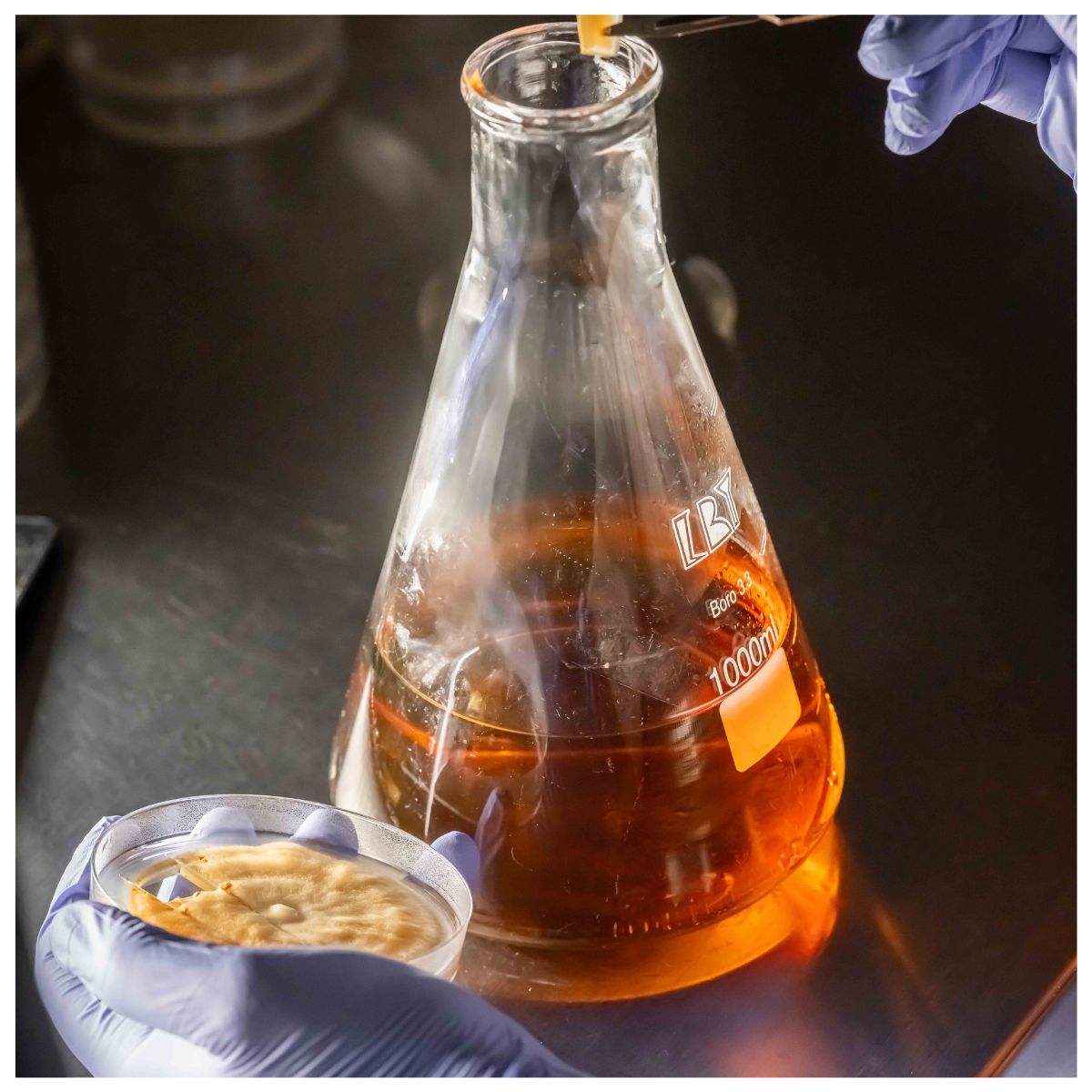
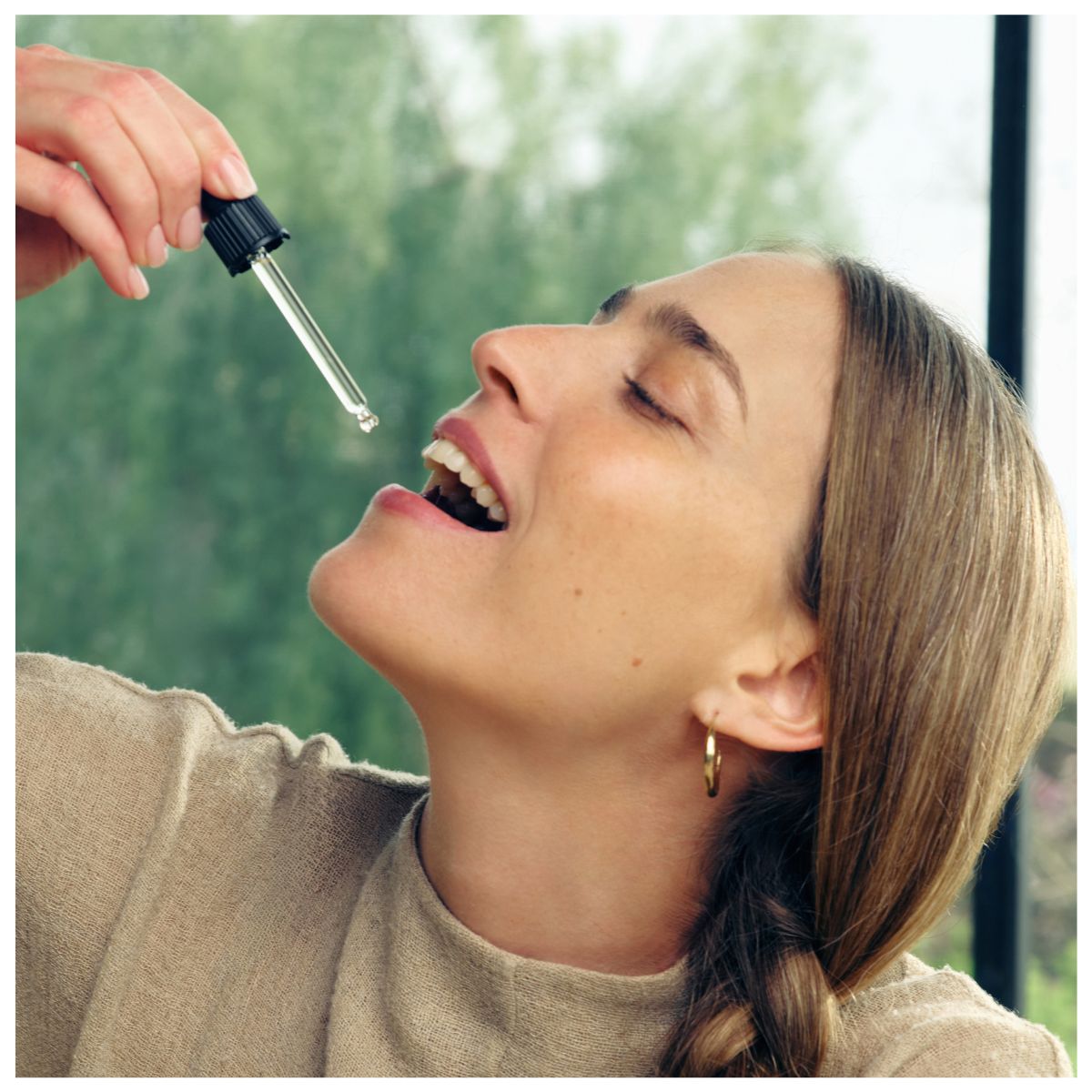
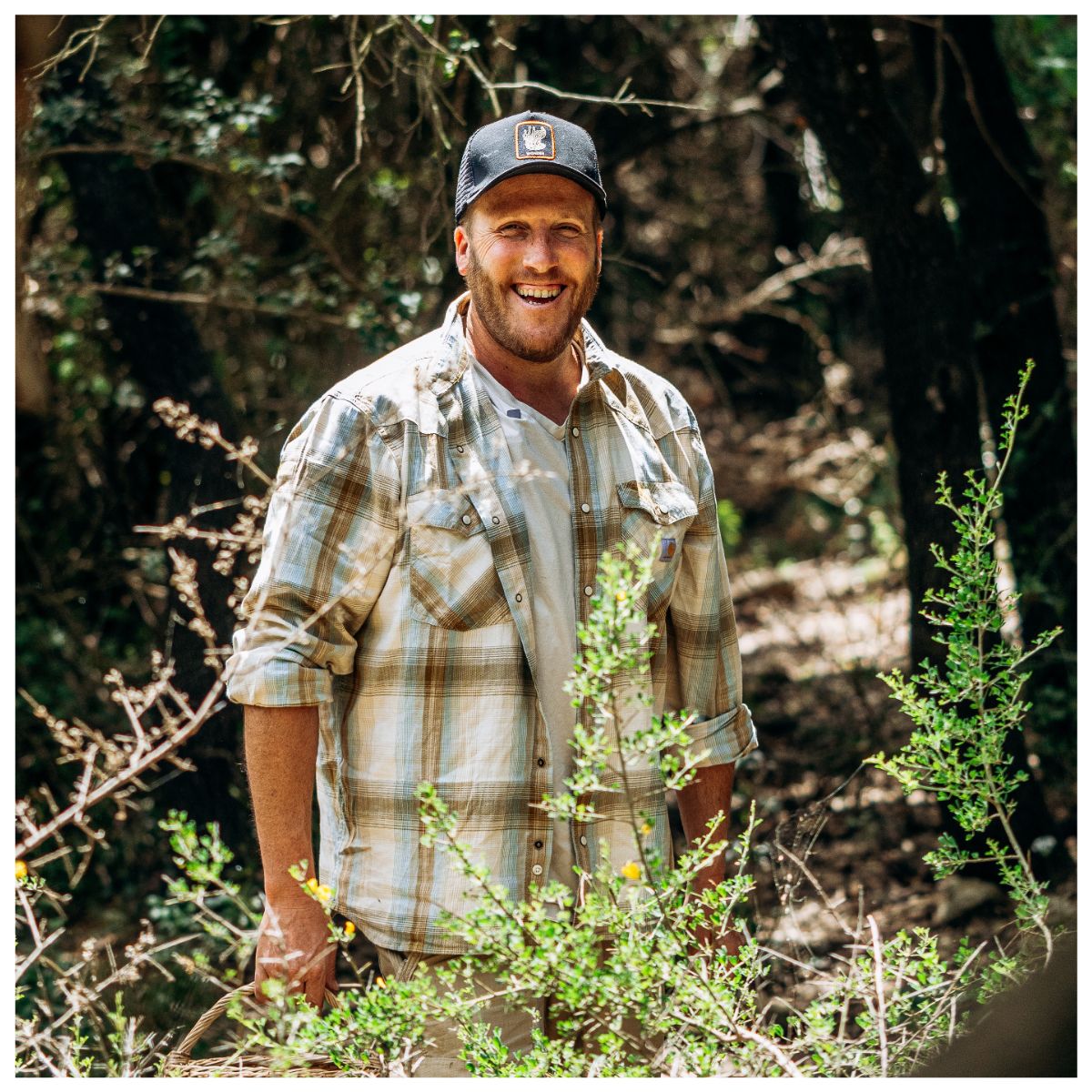
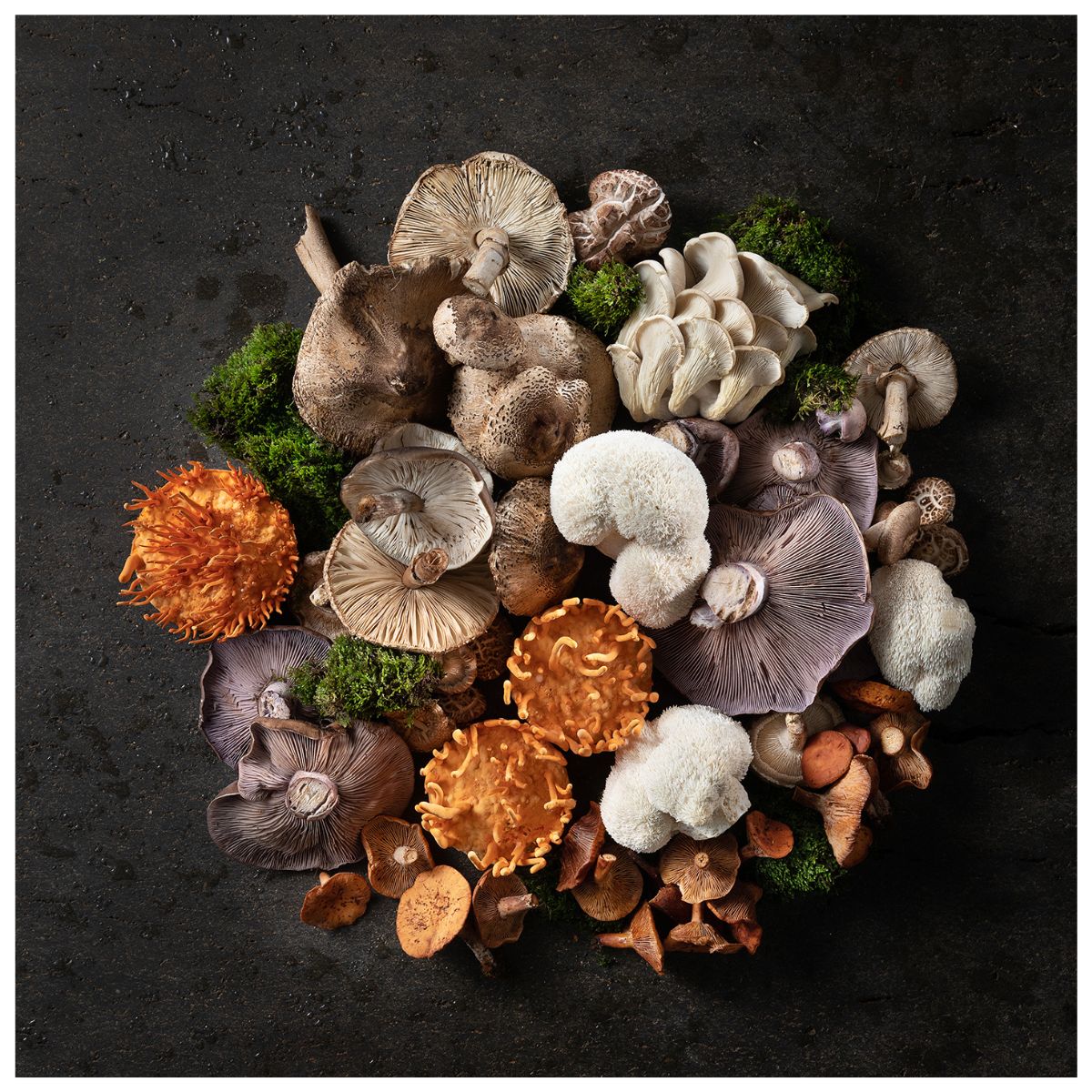
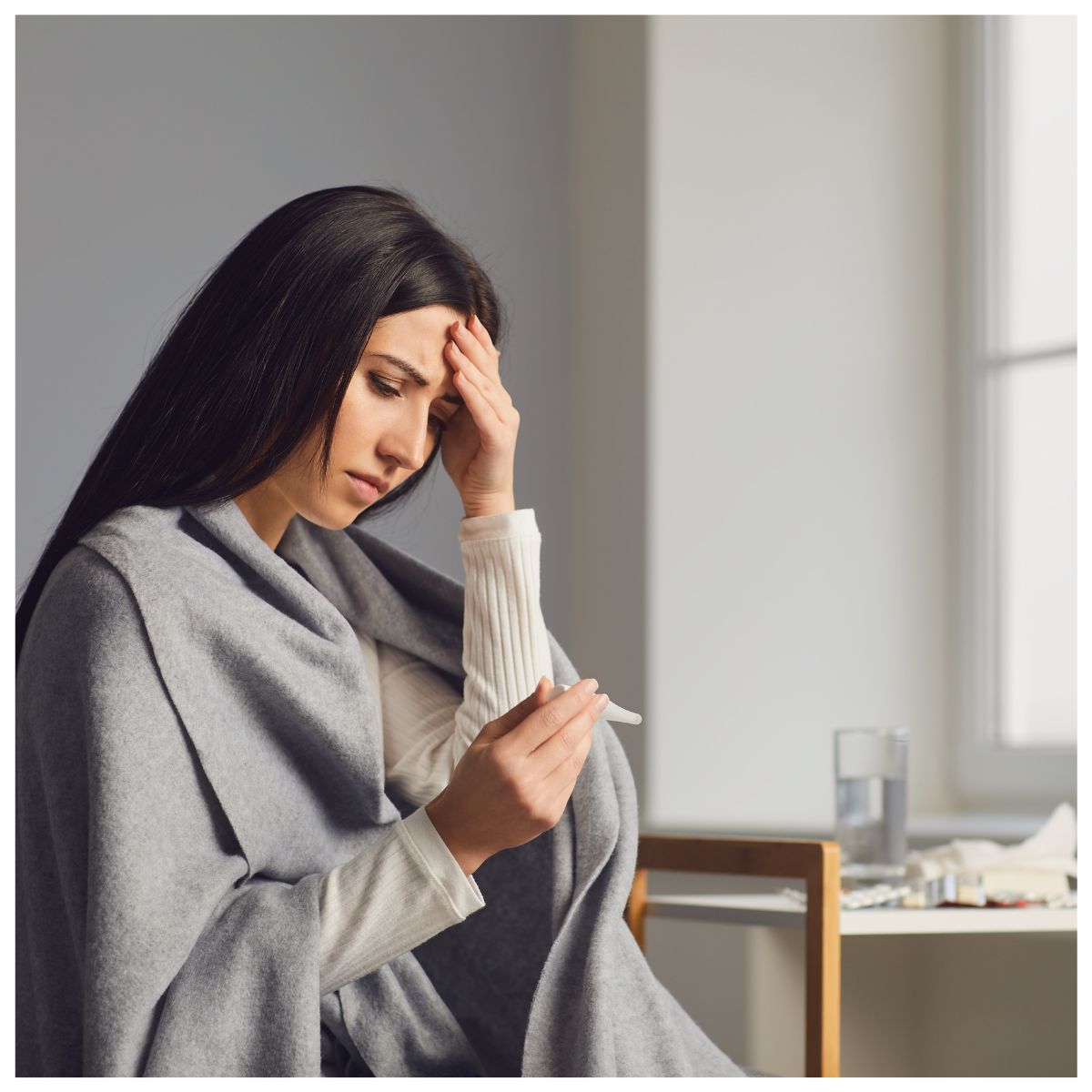
1 comment
Leave a comment